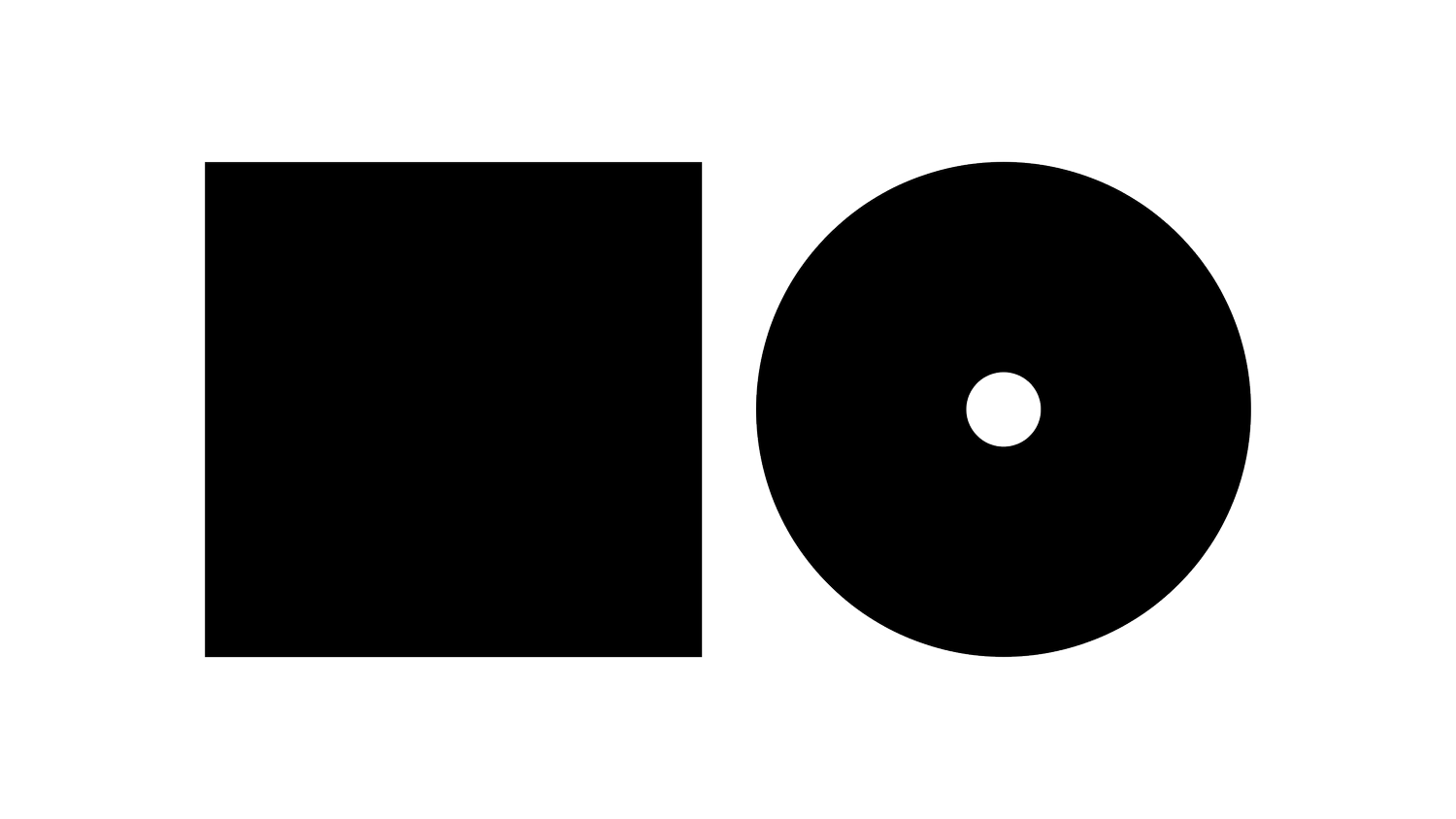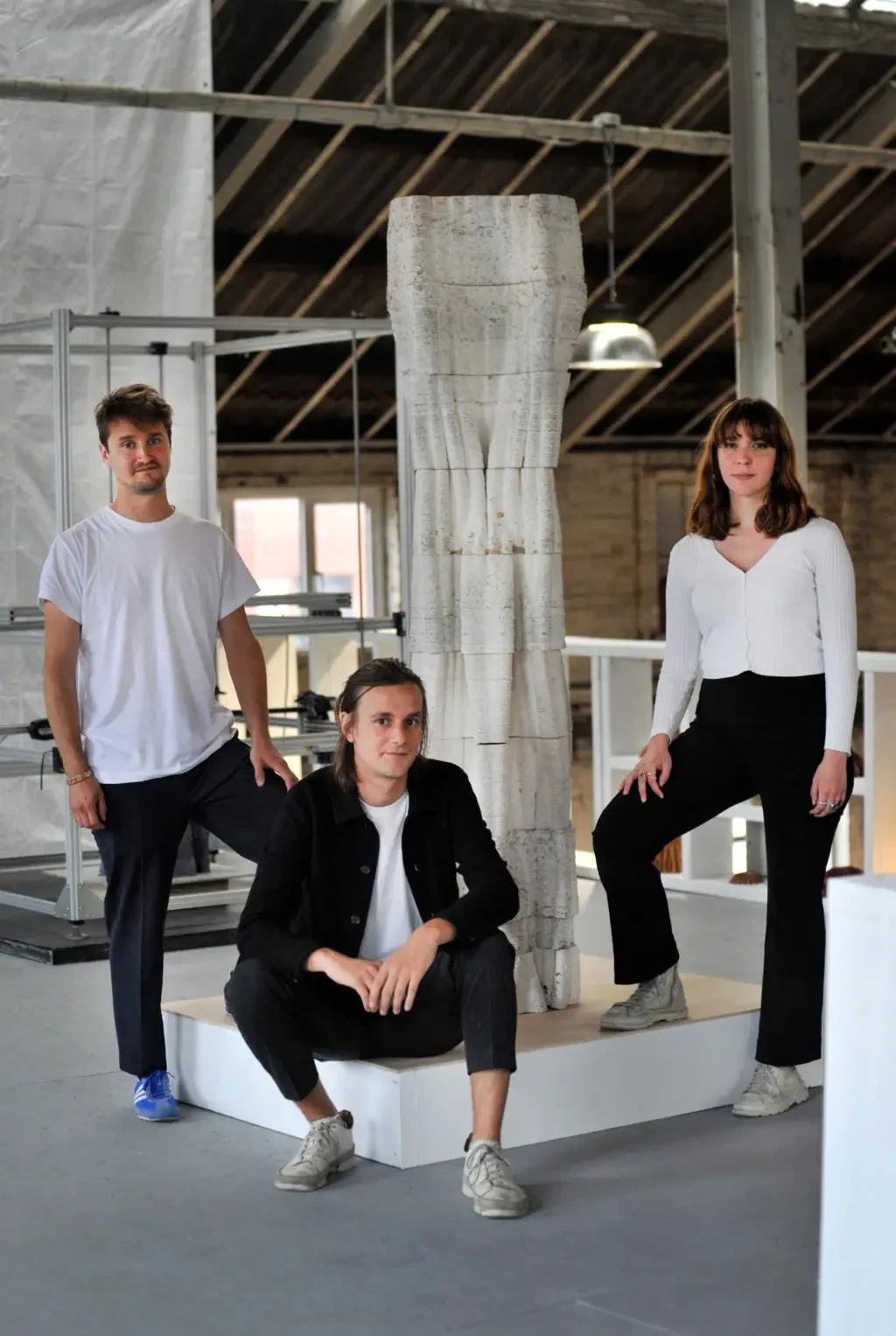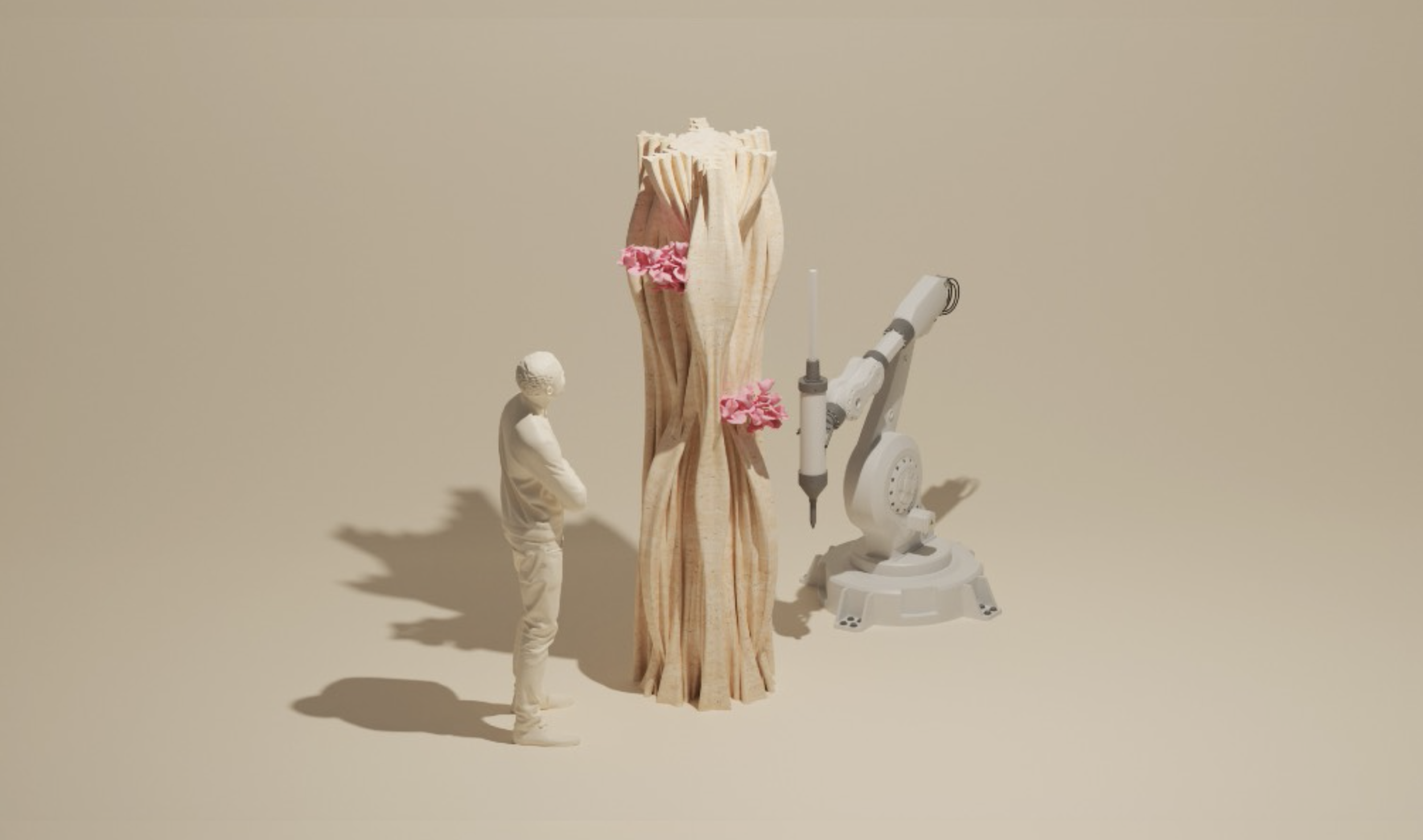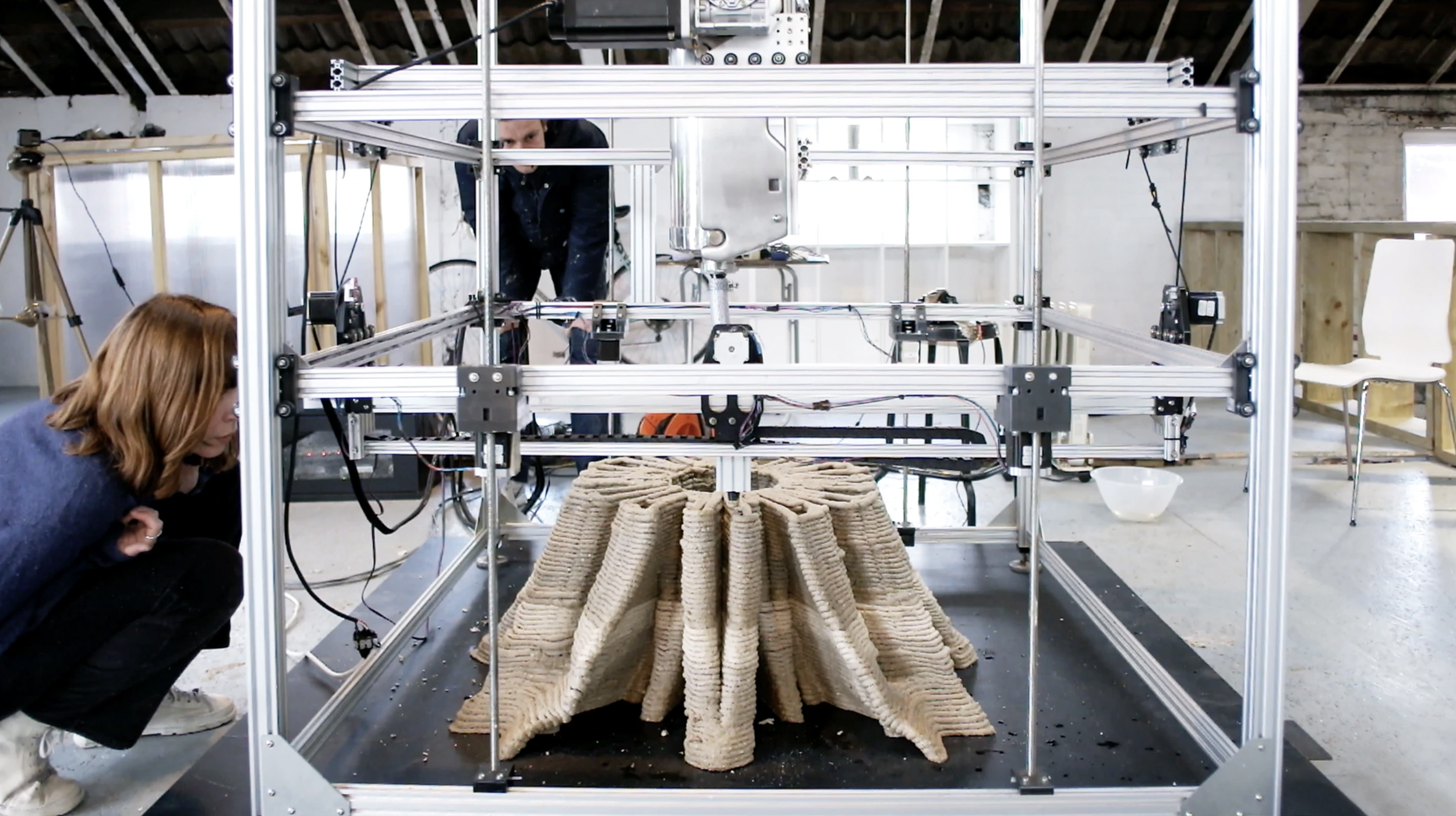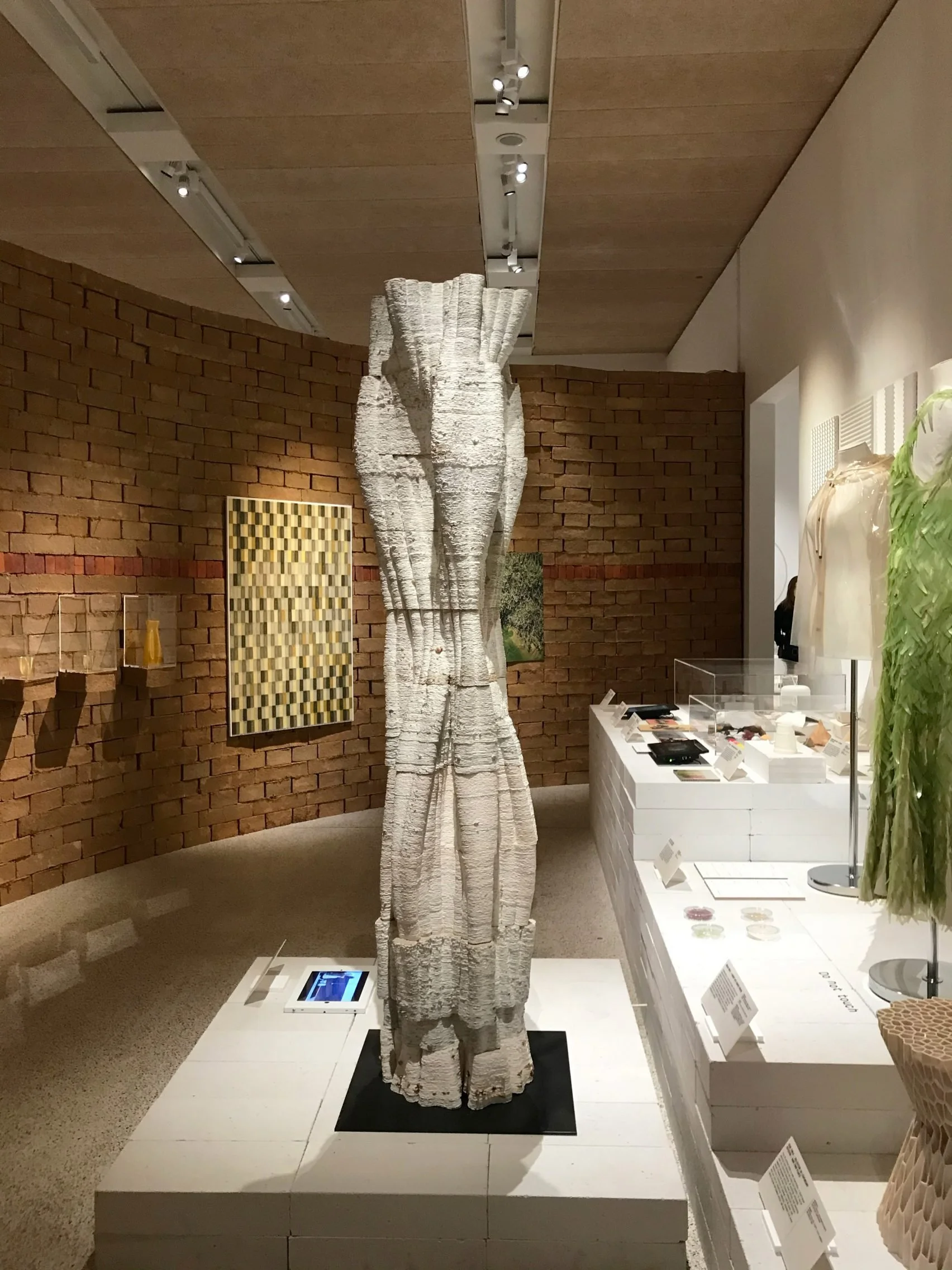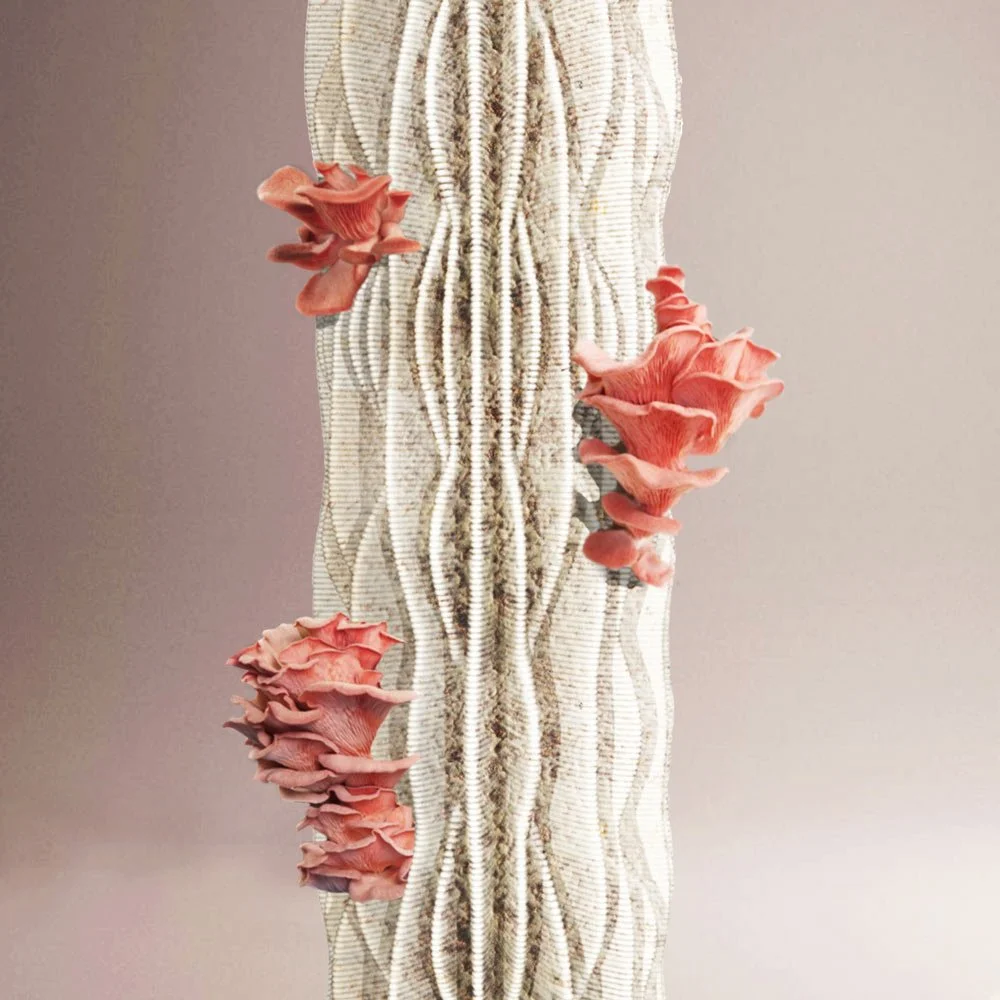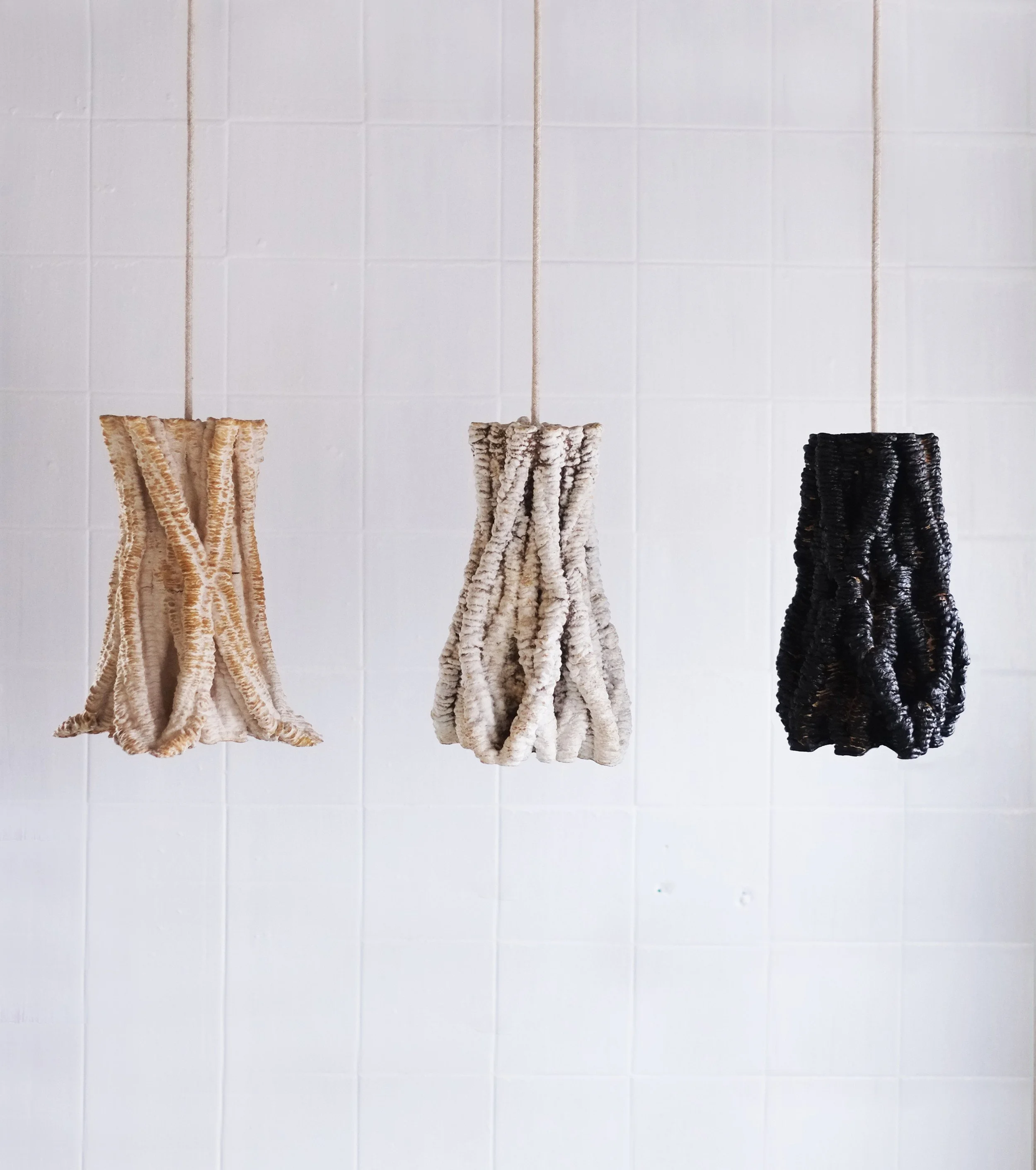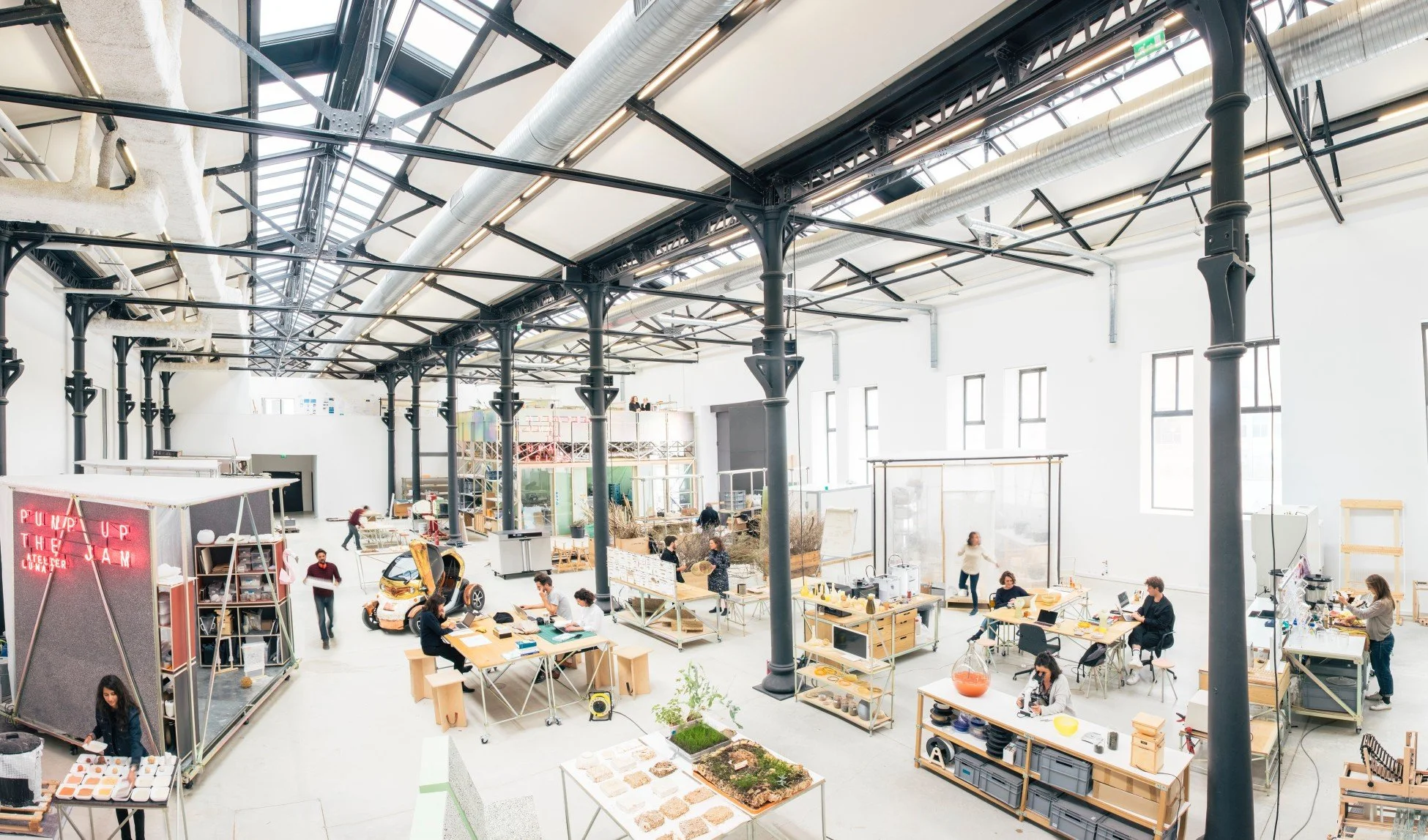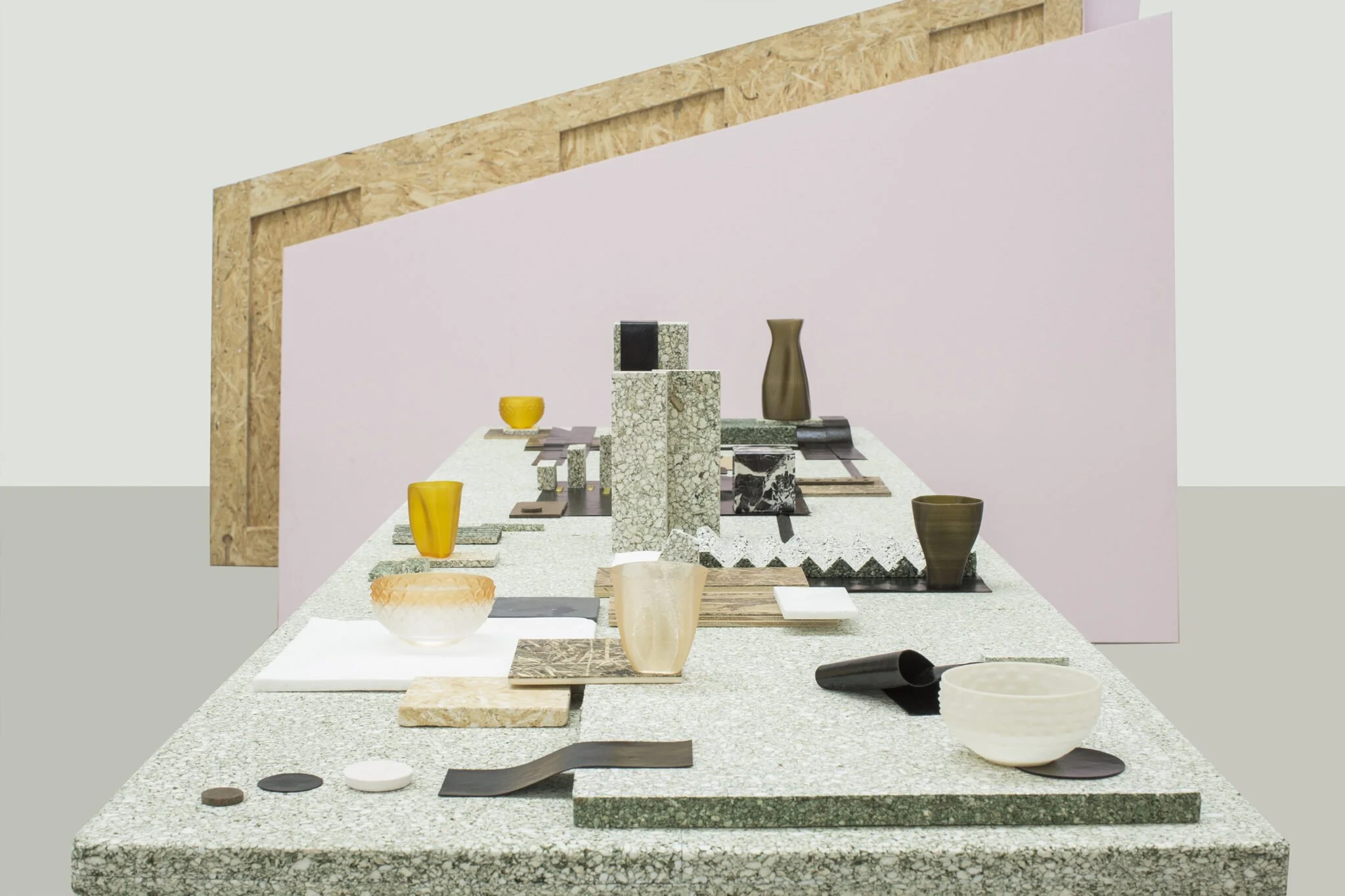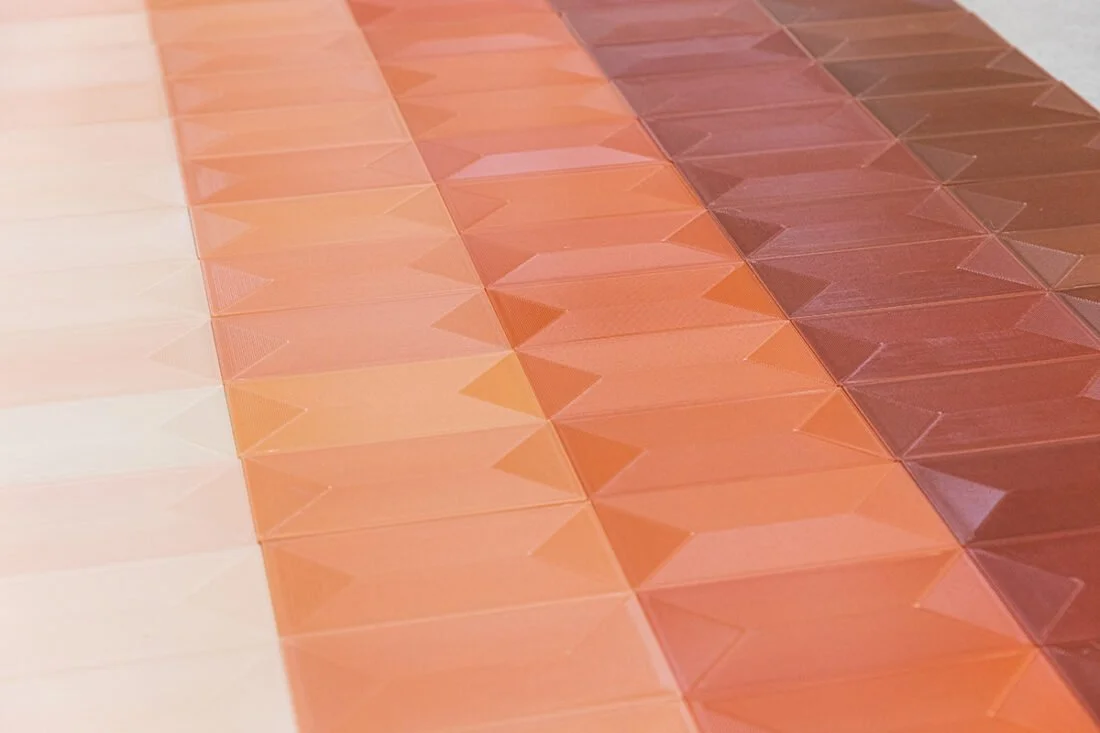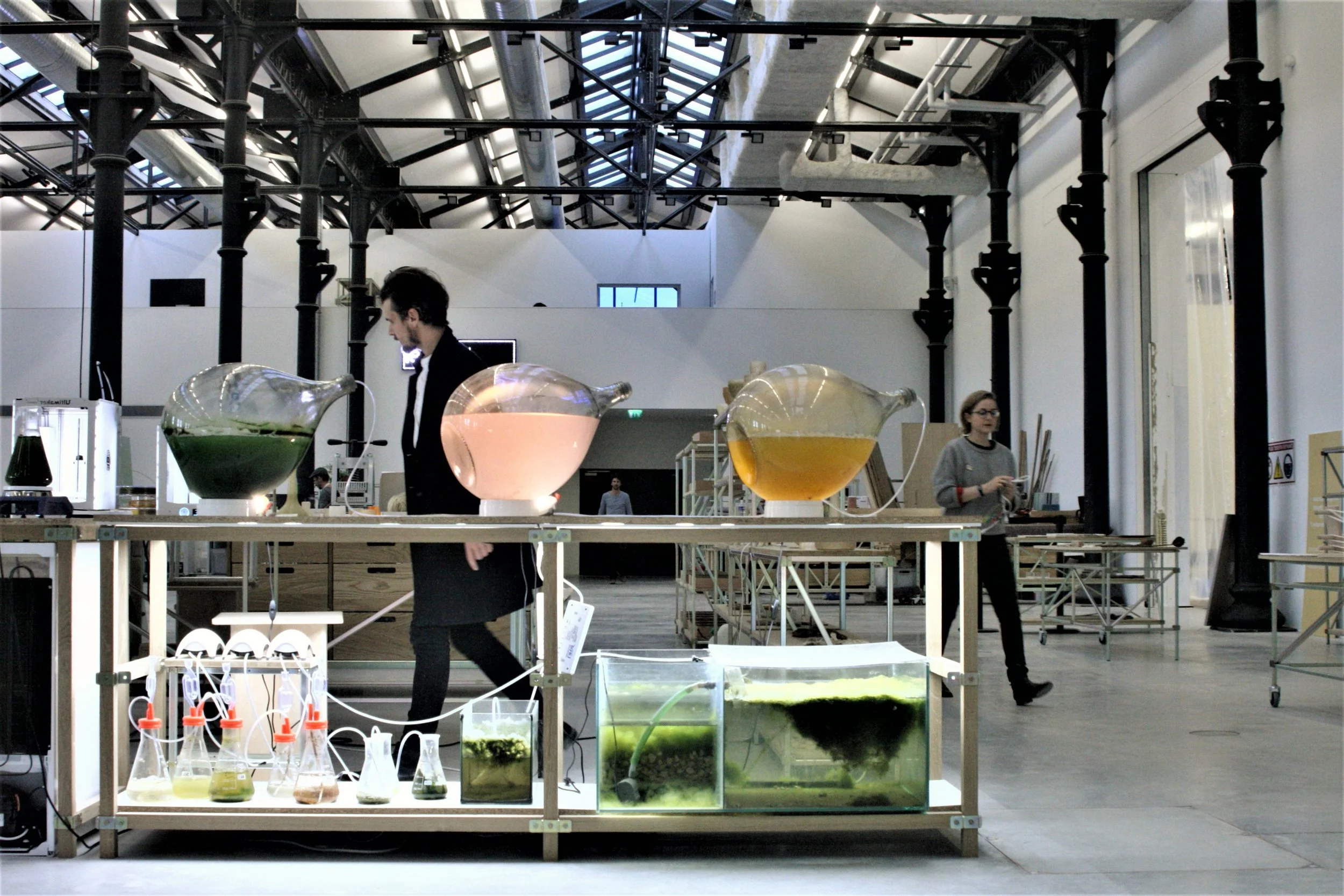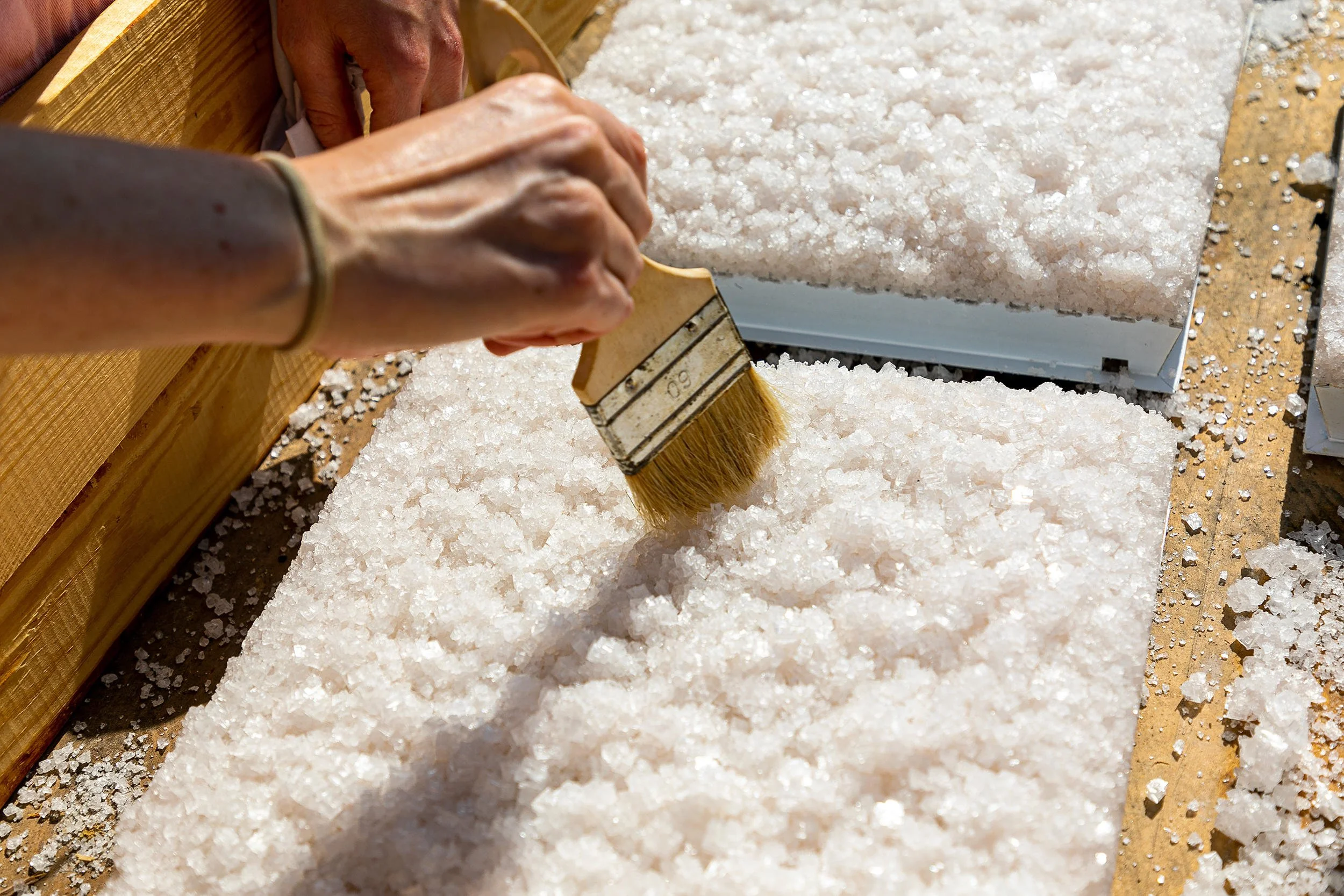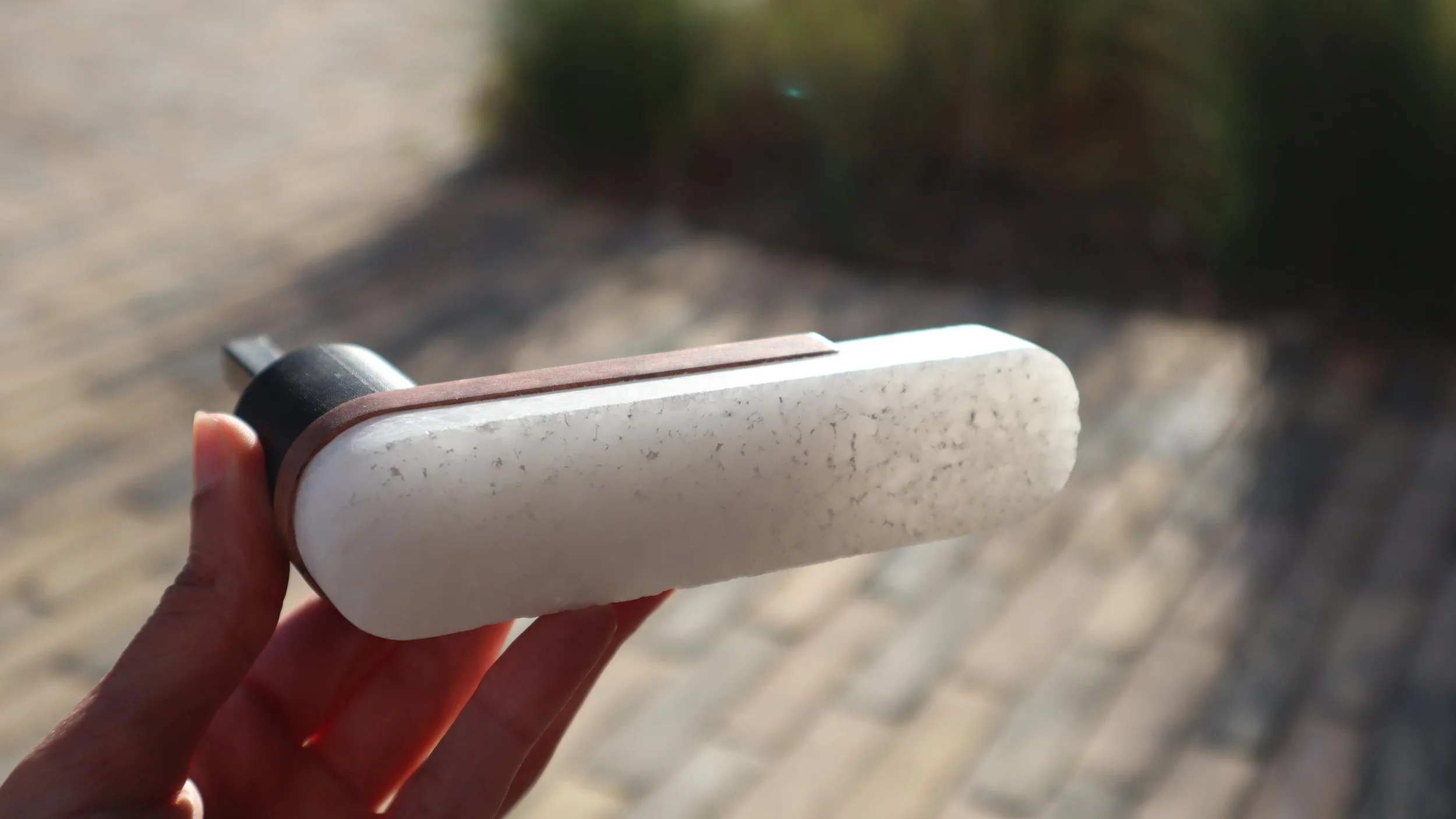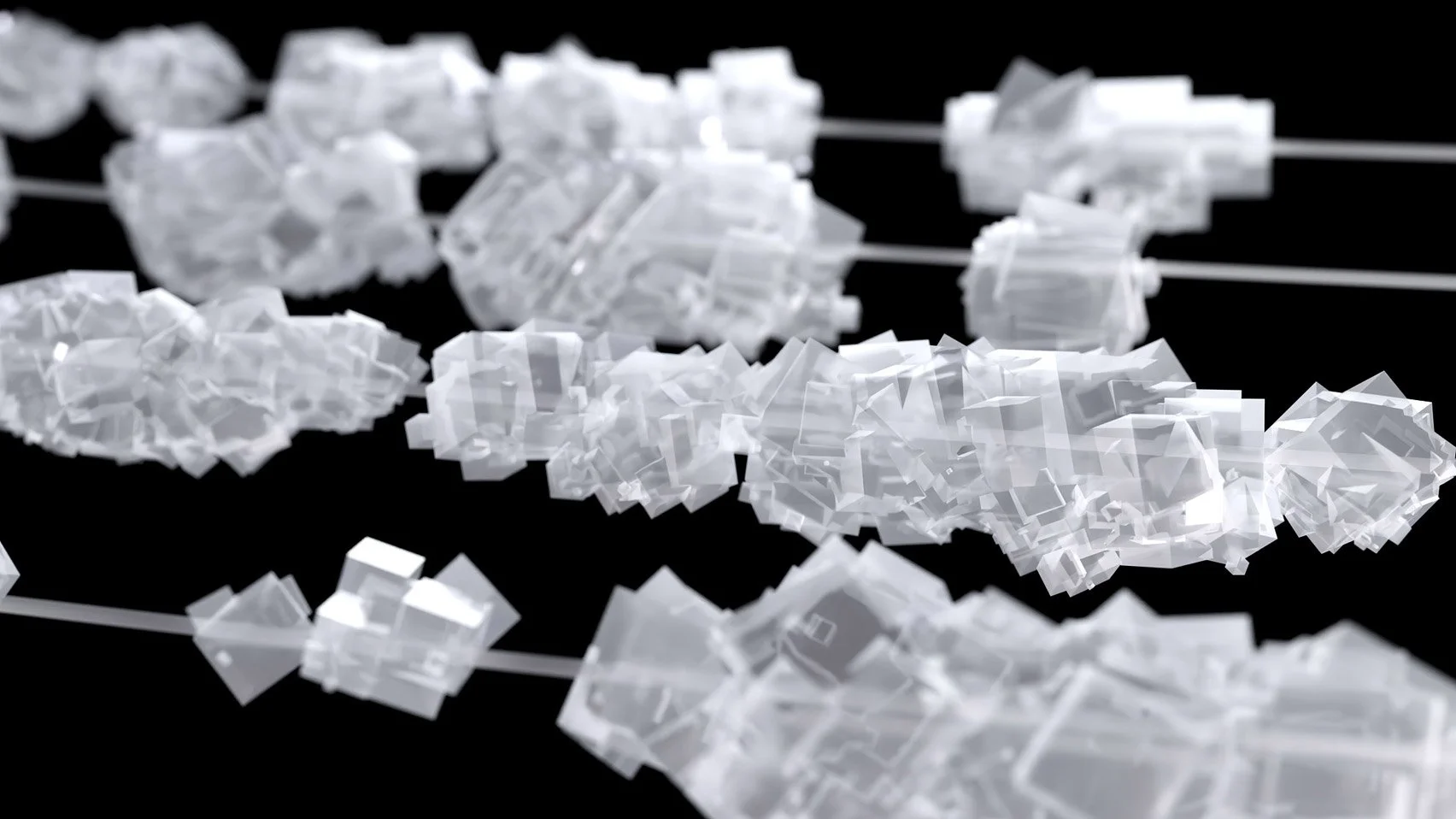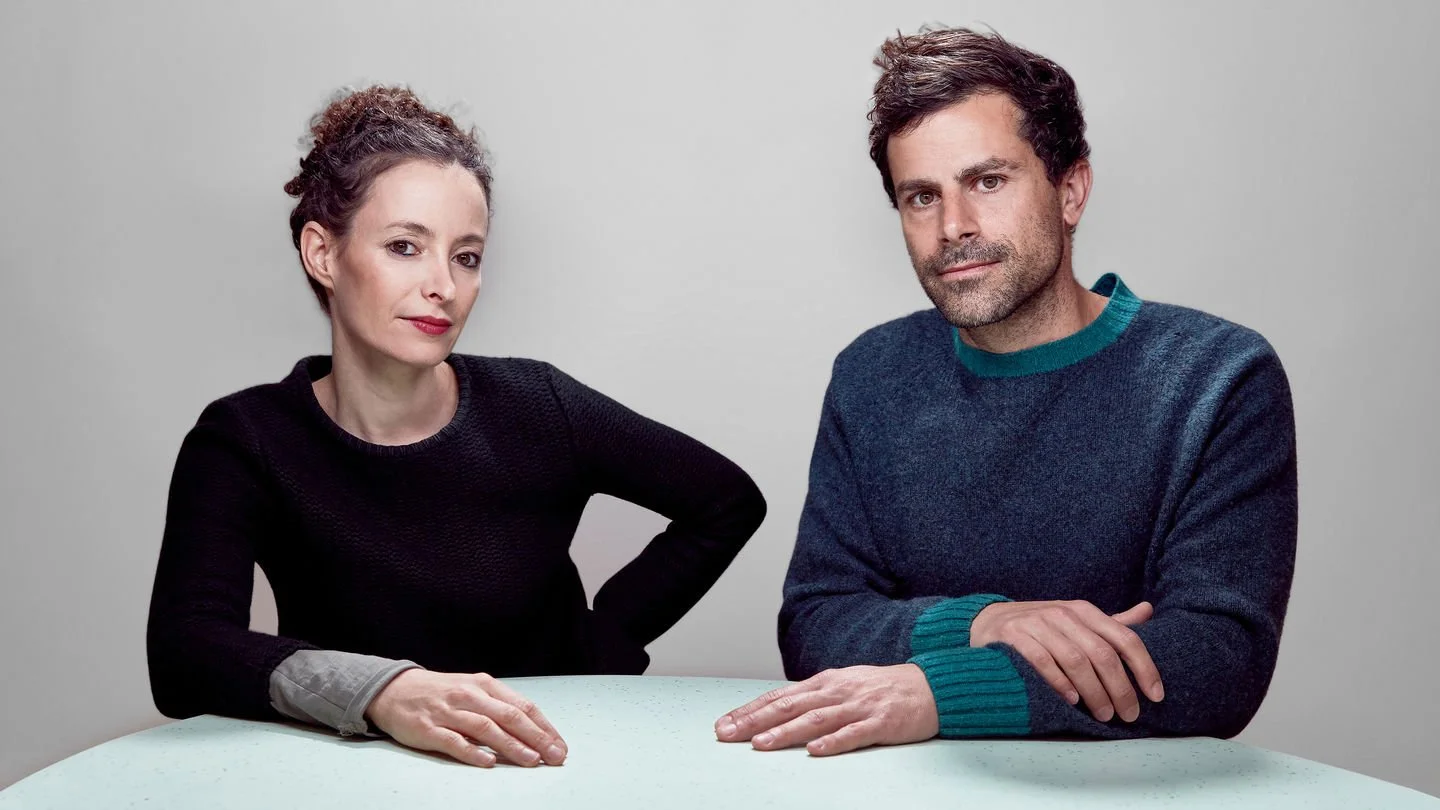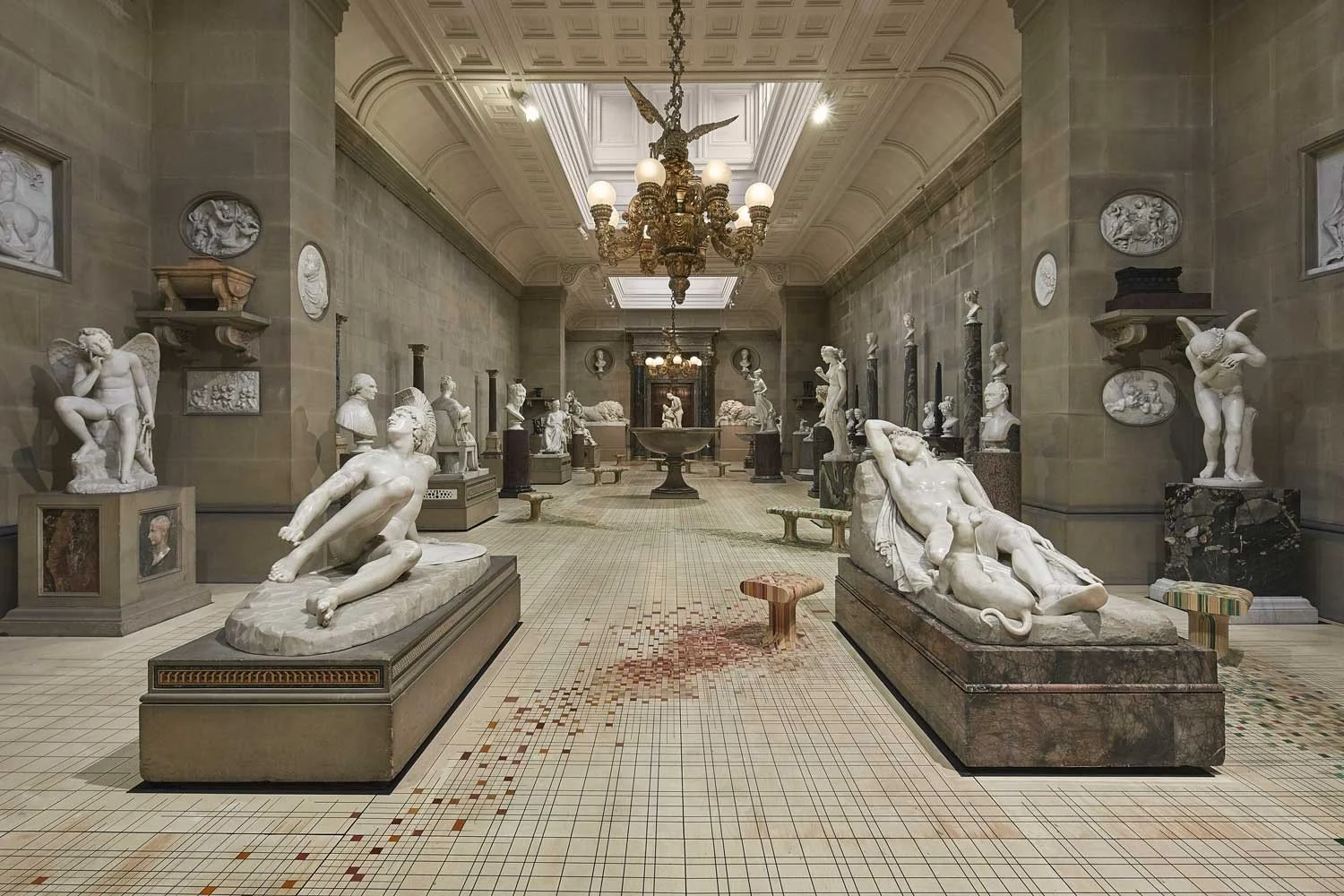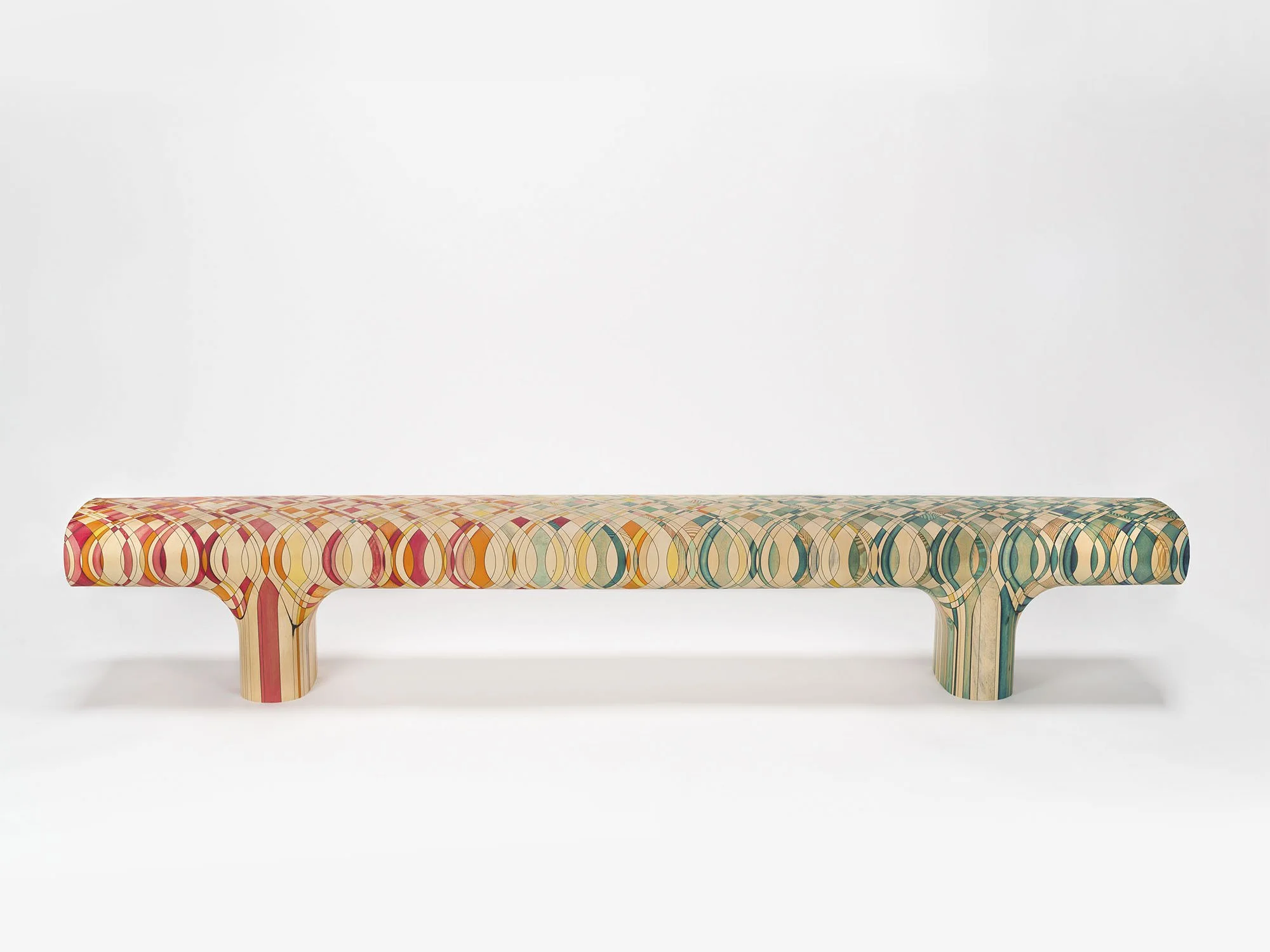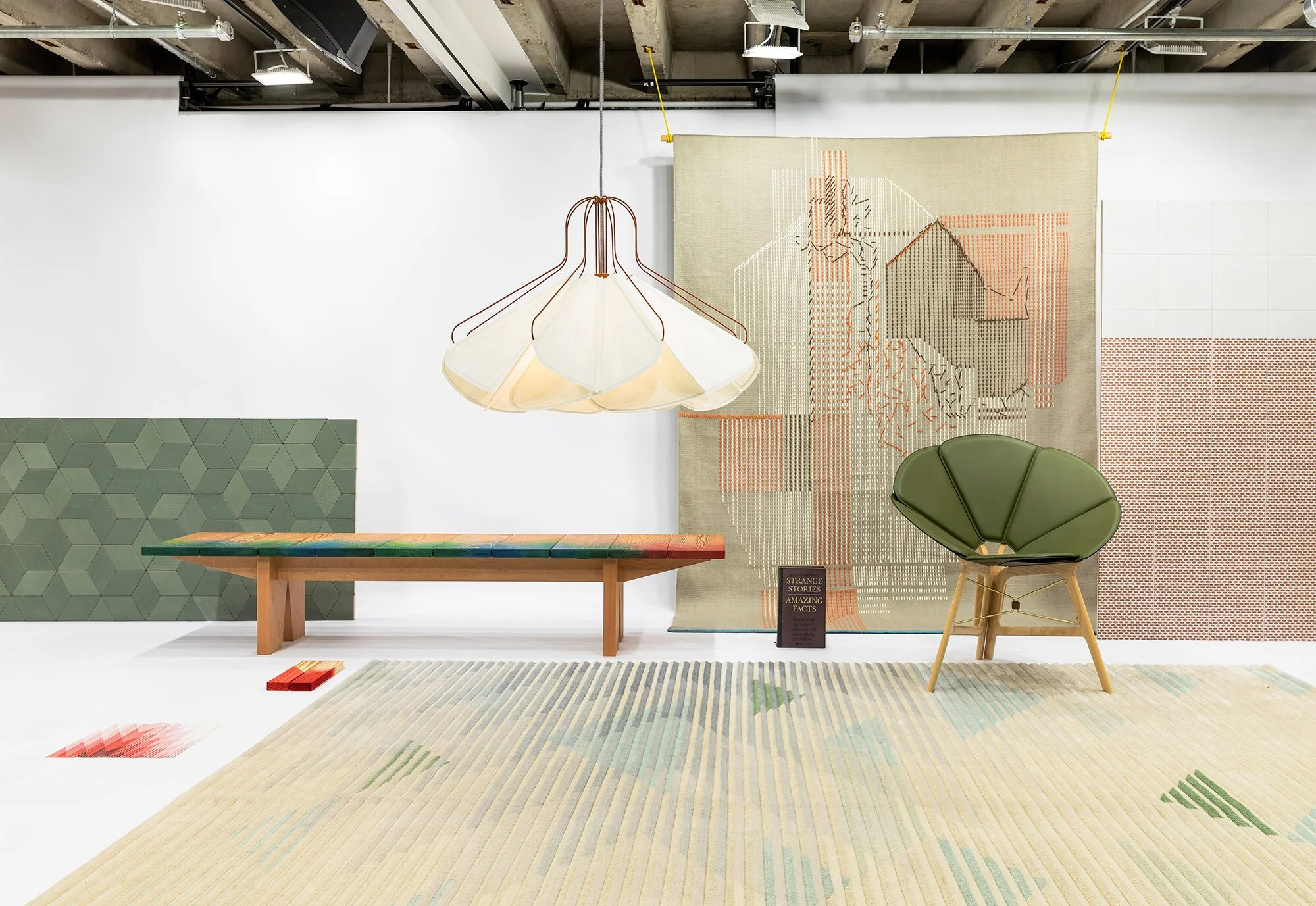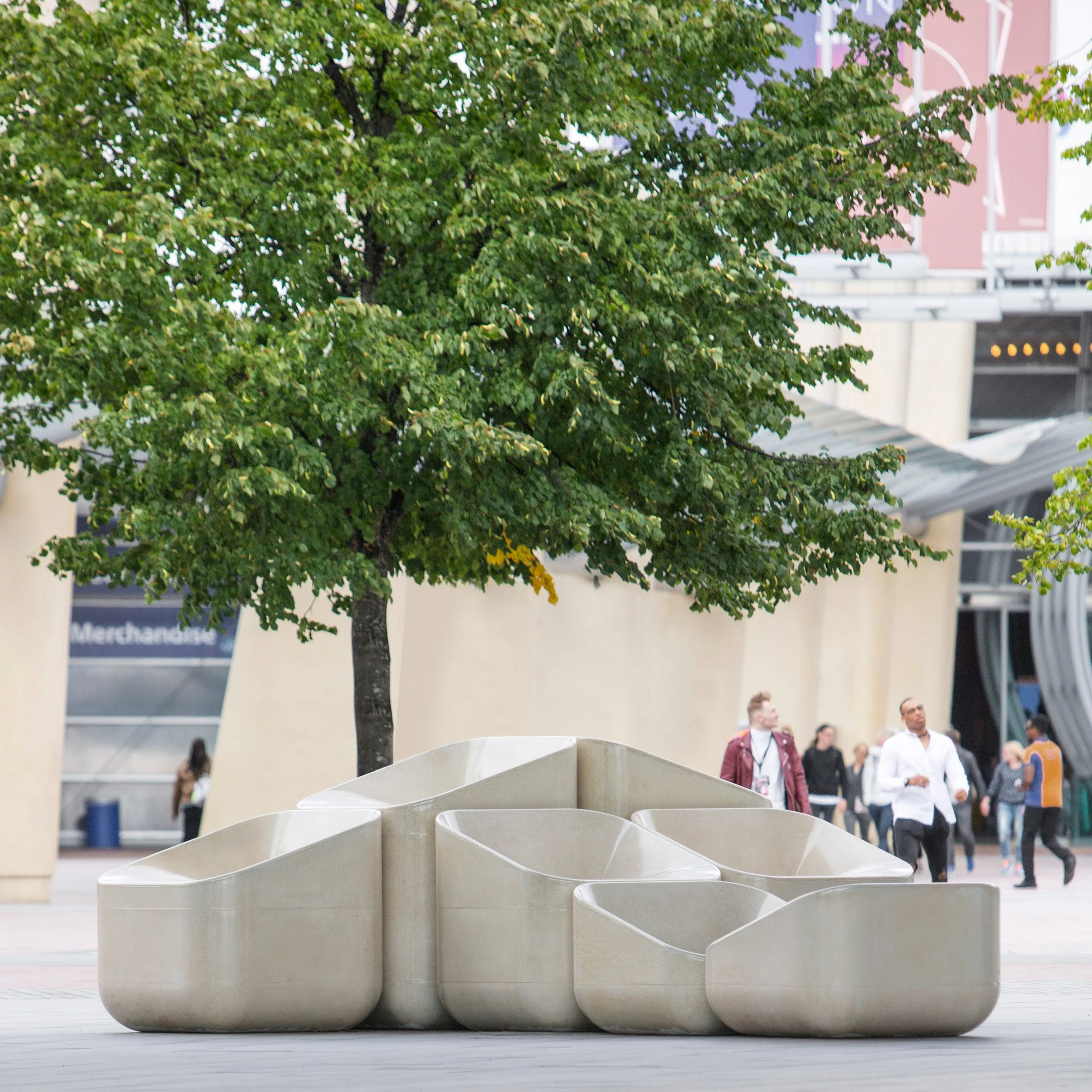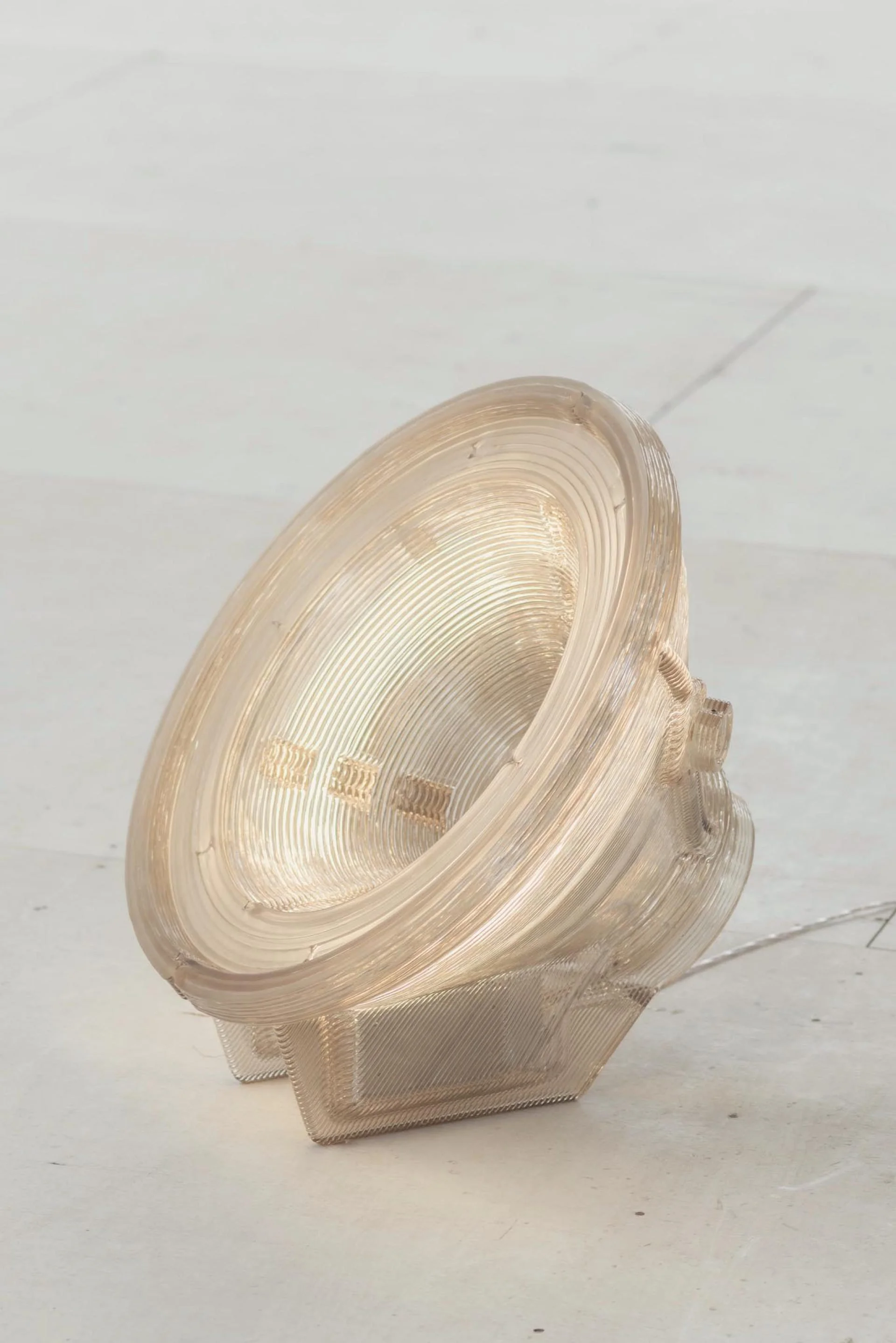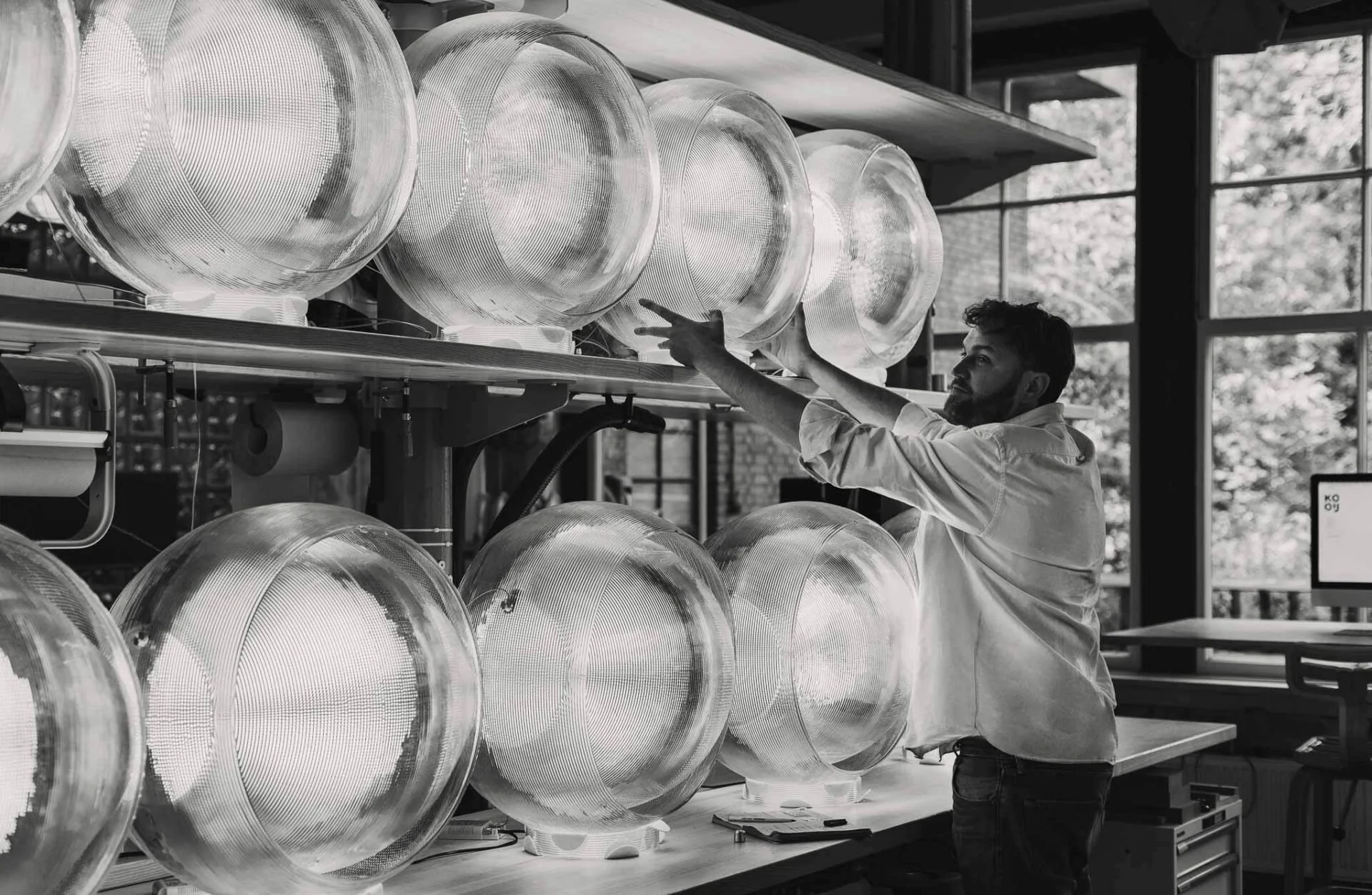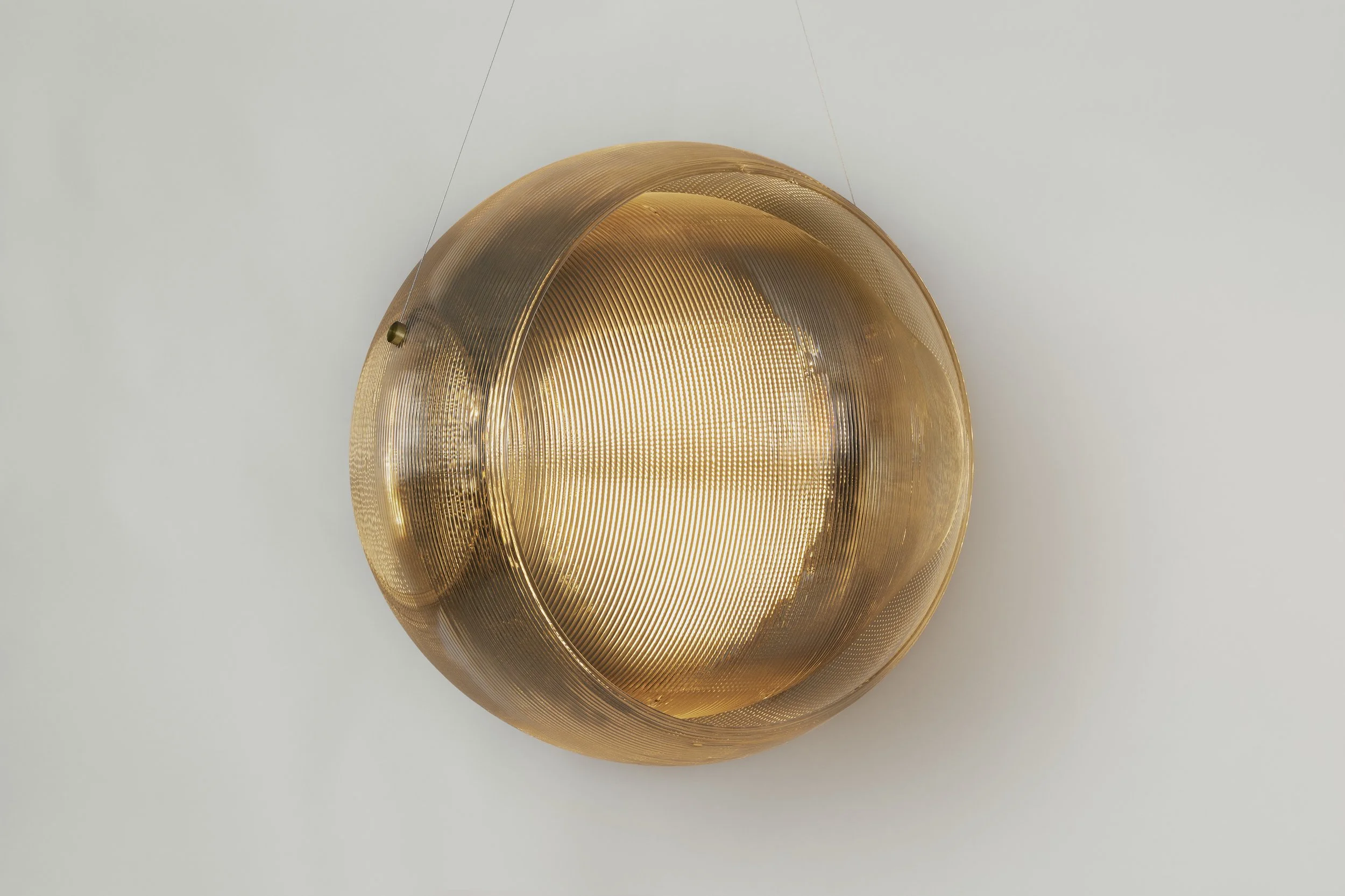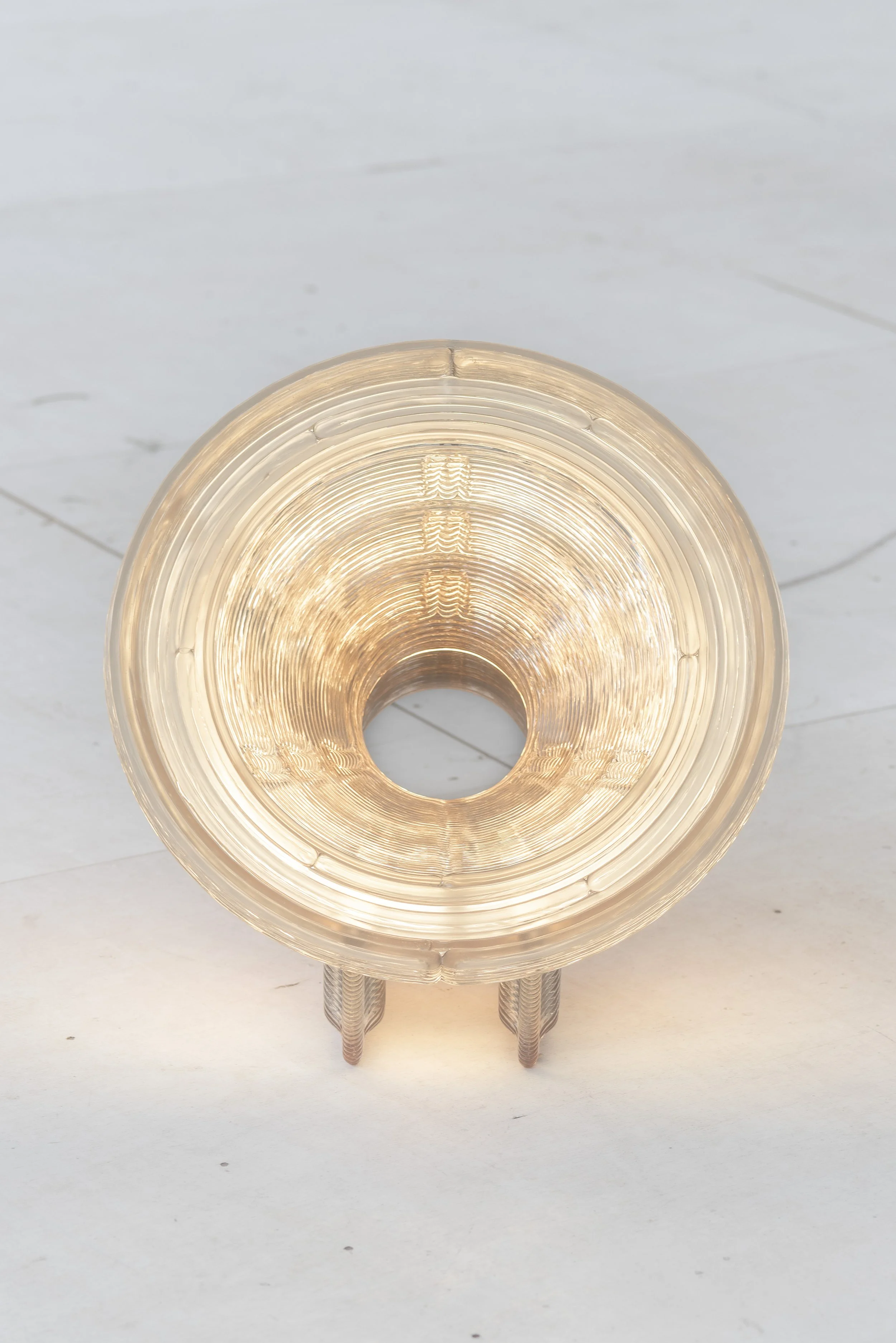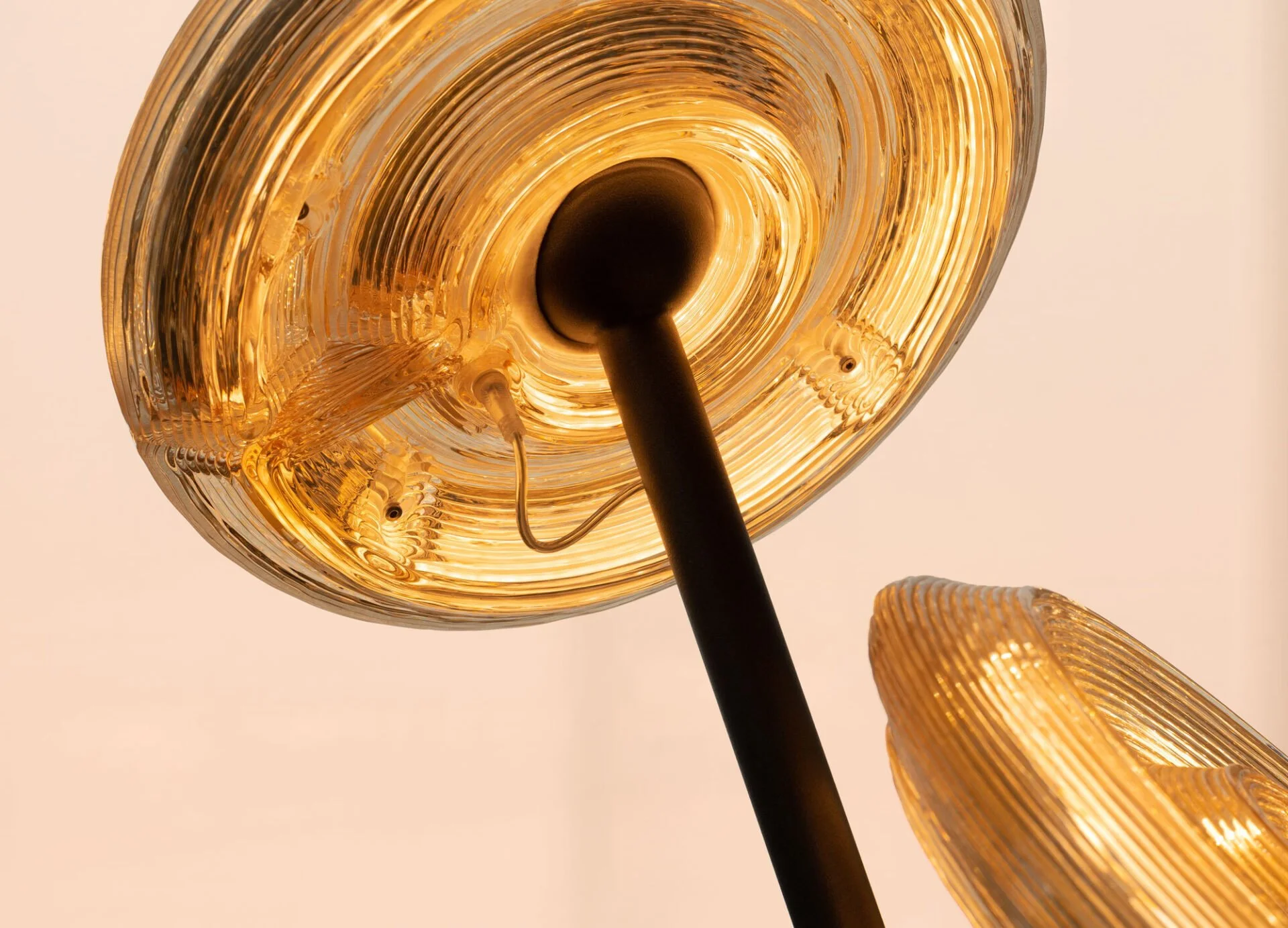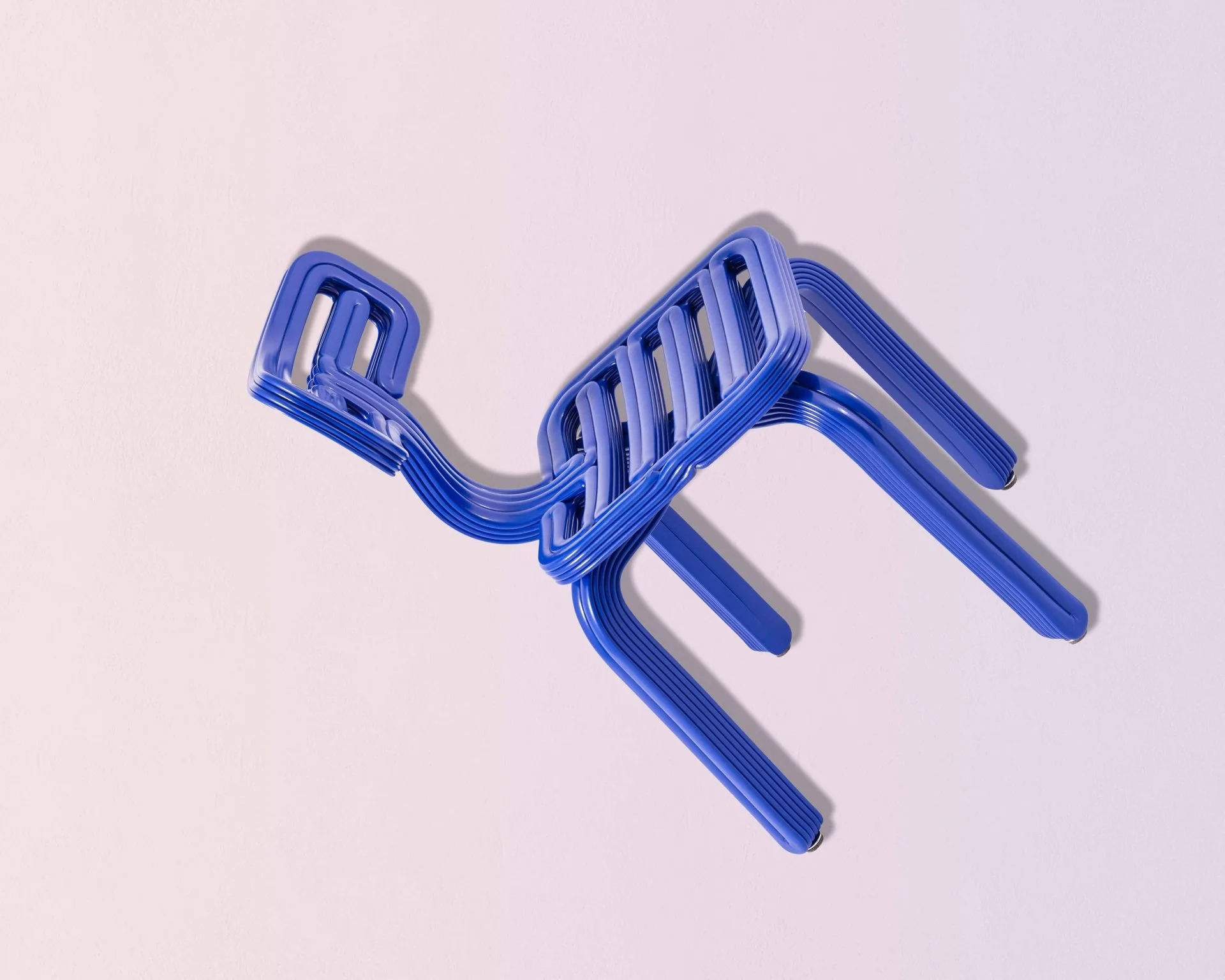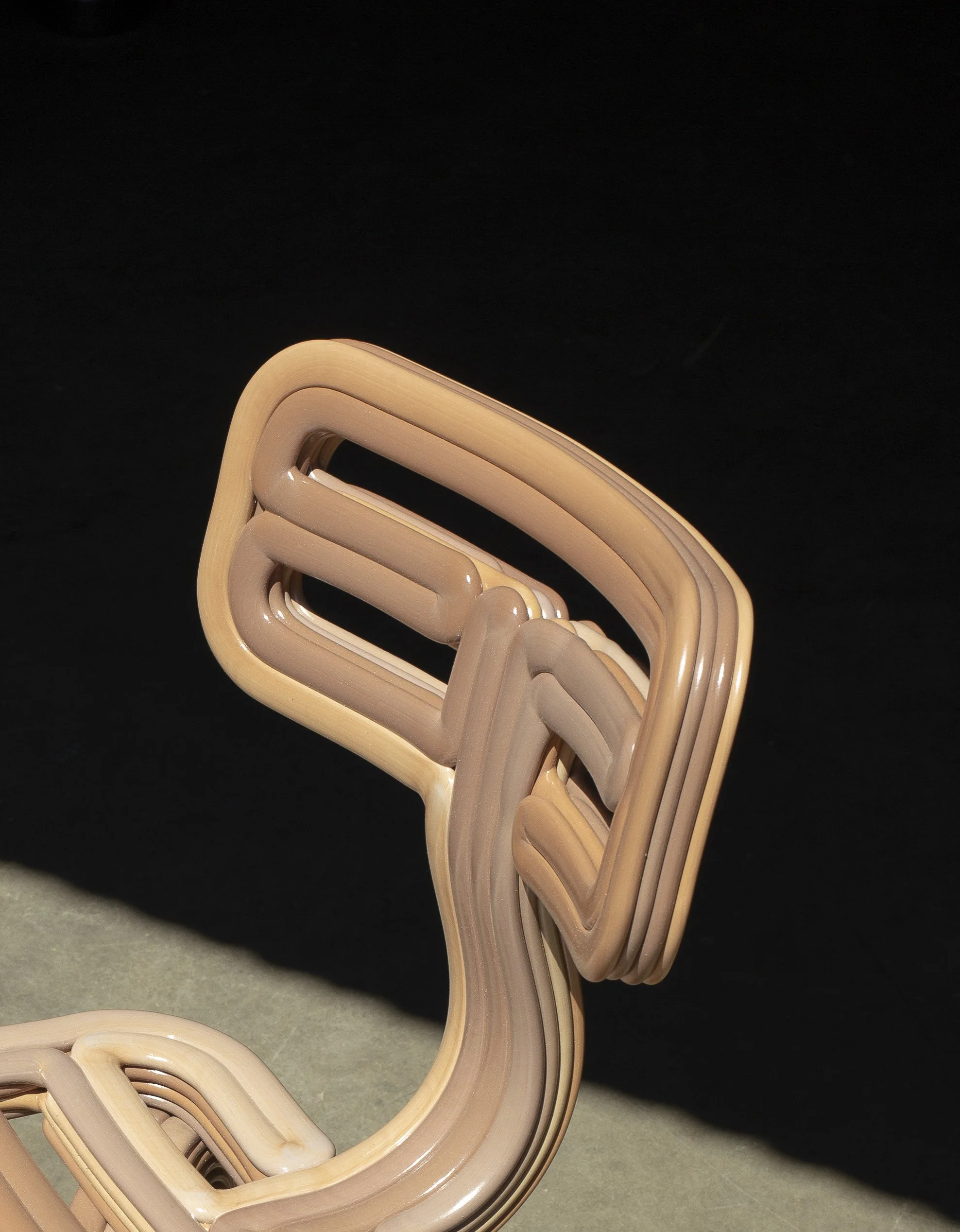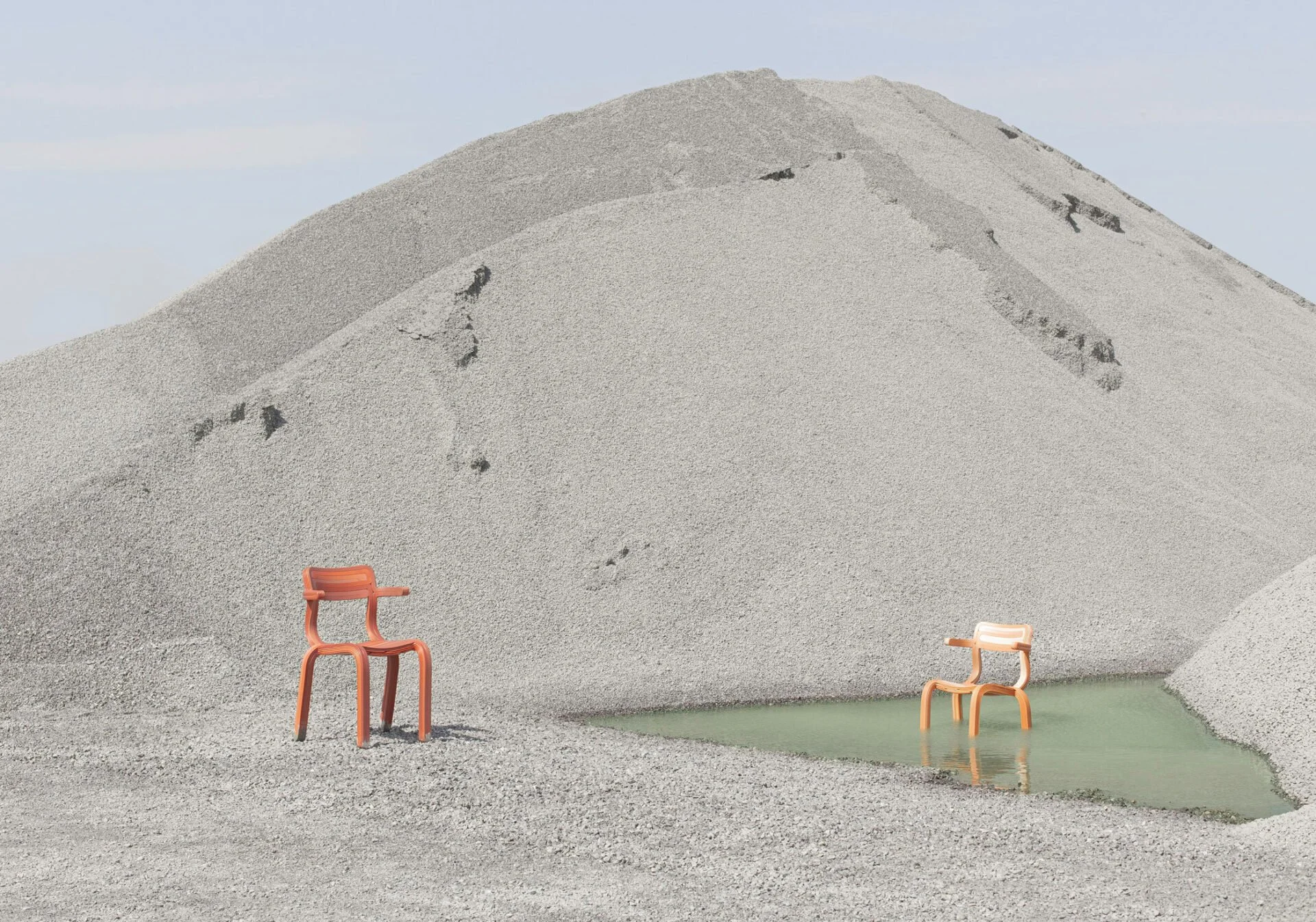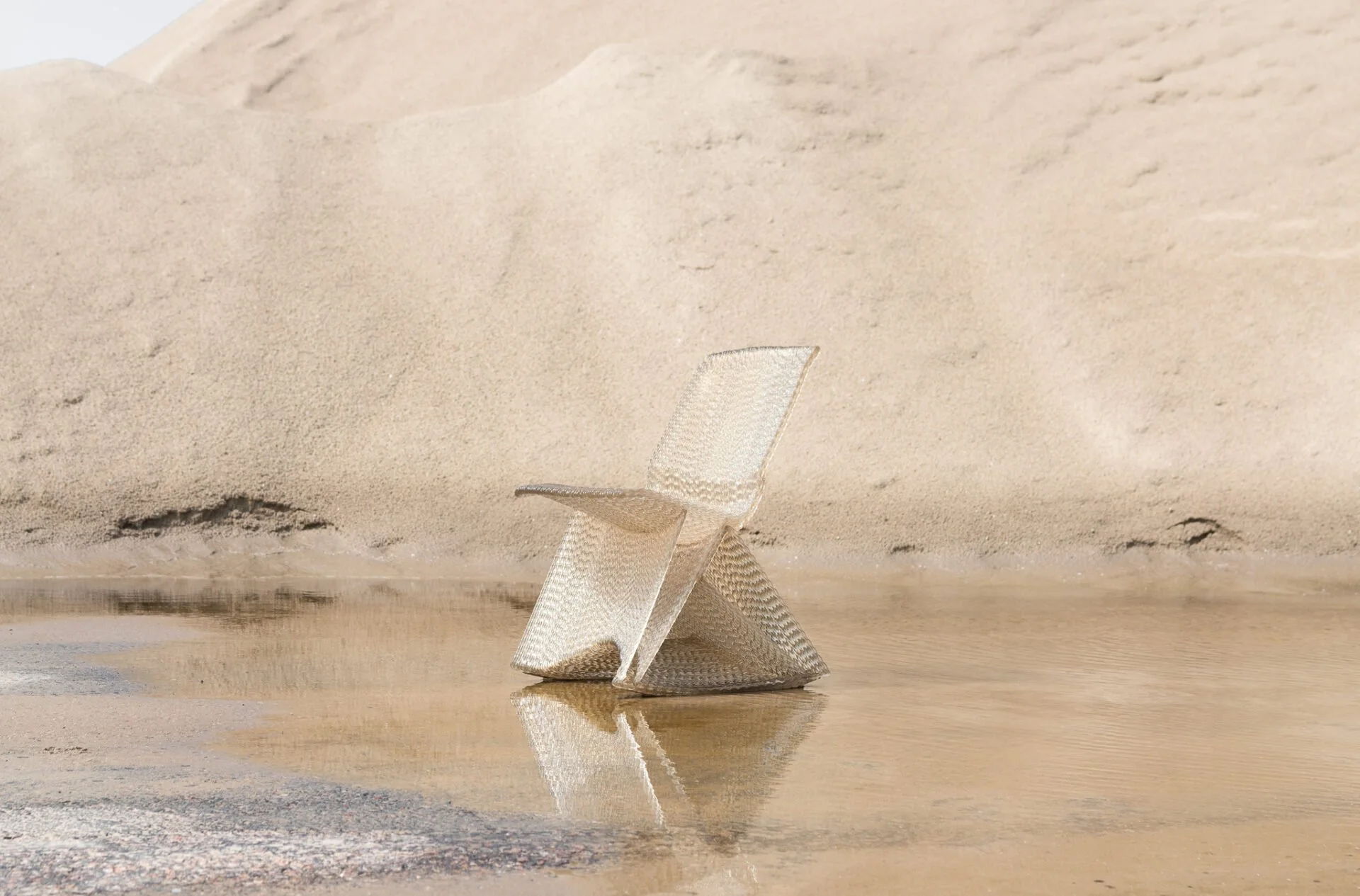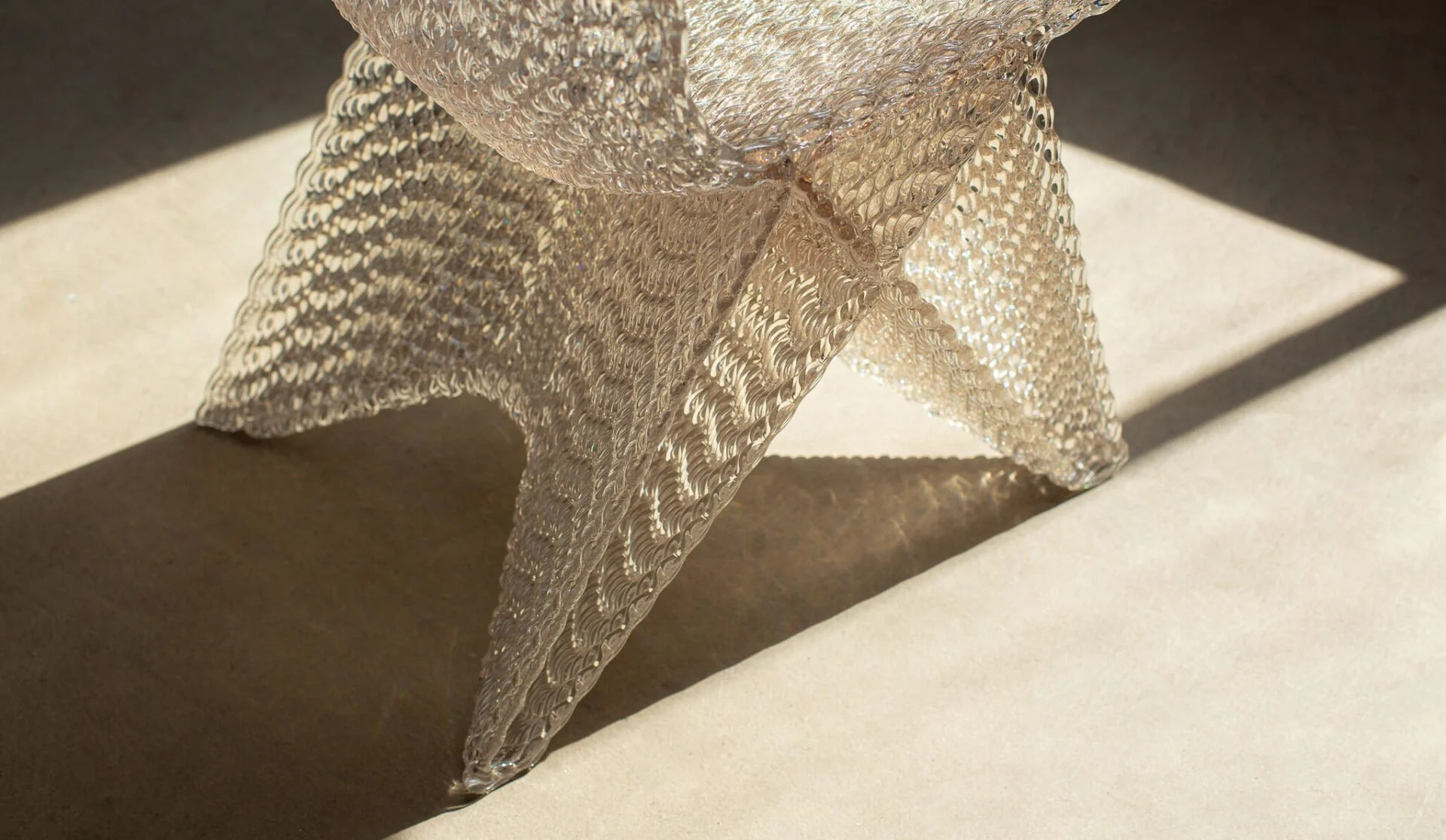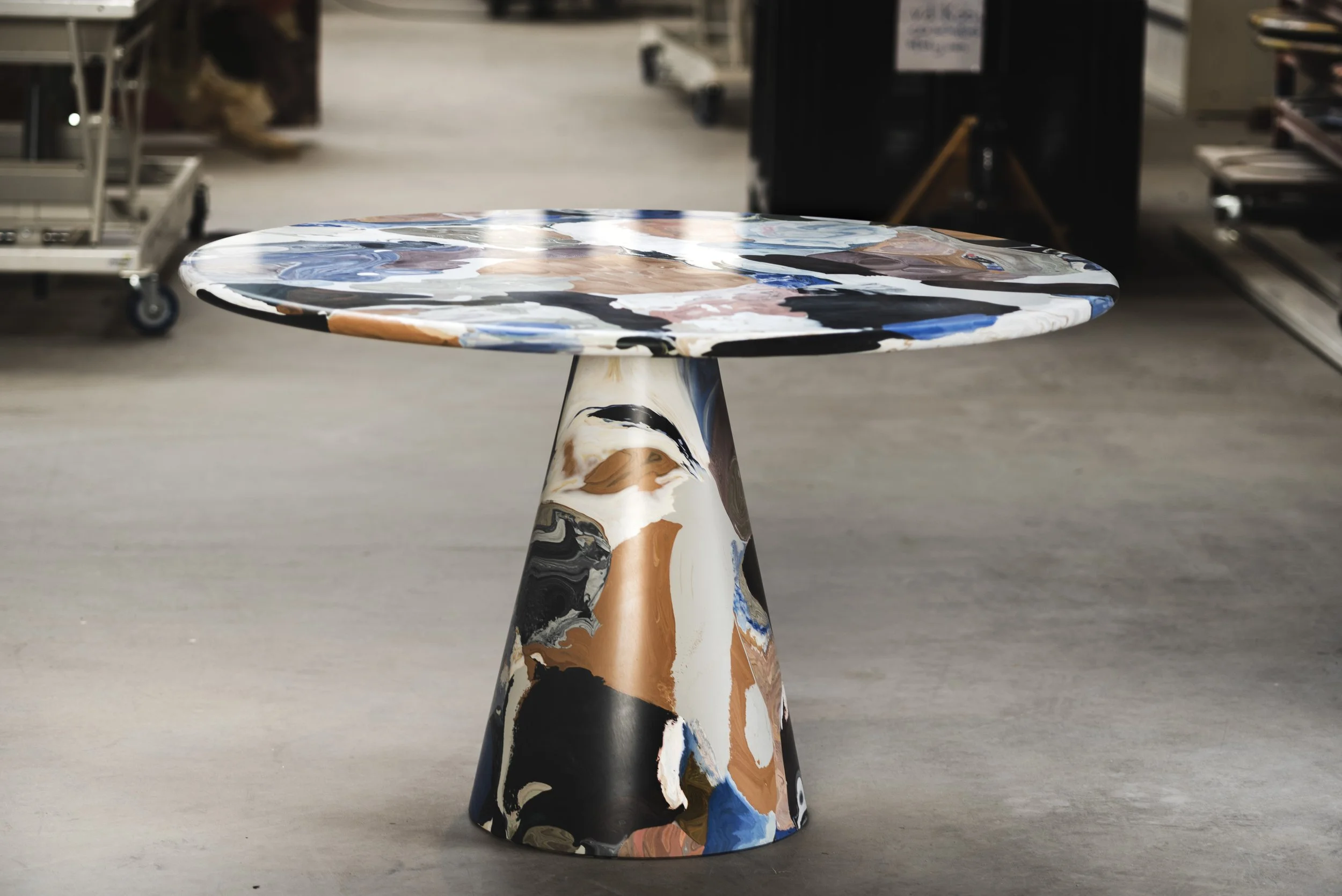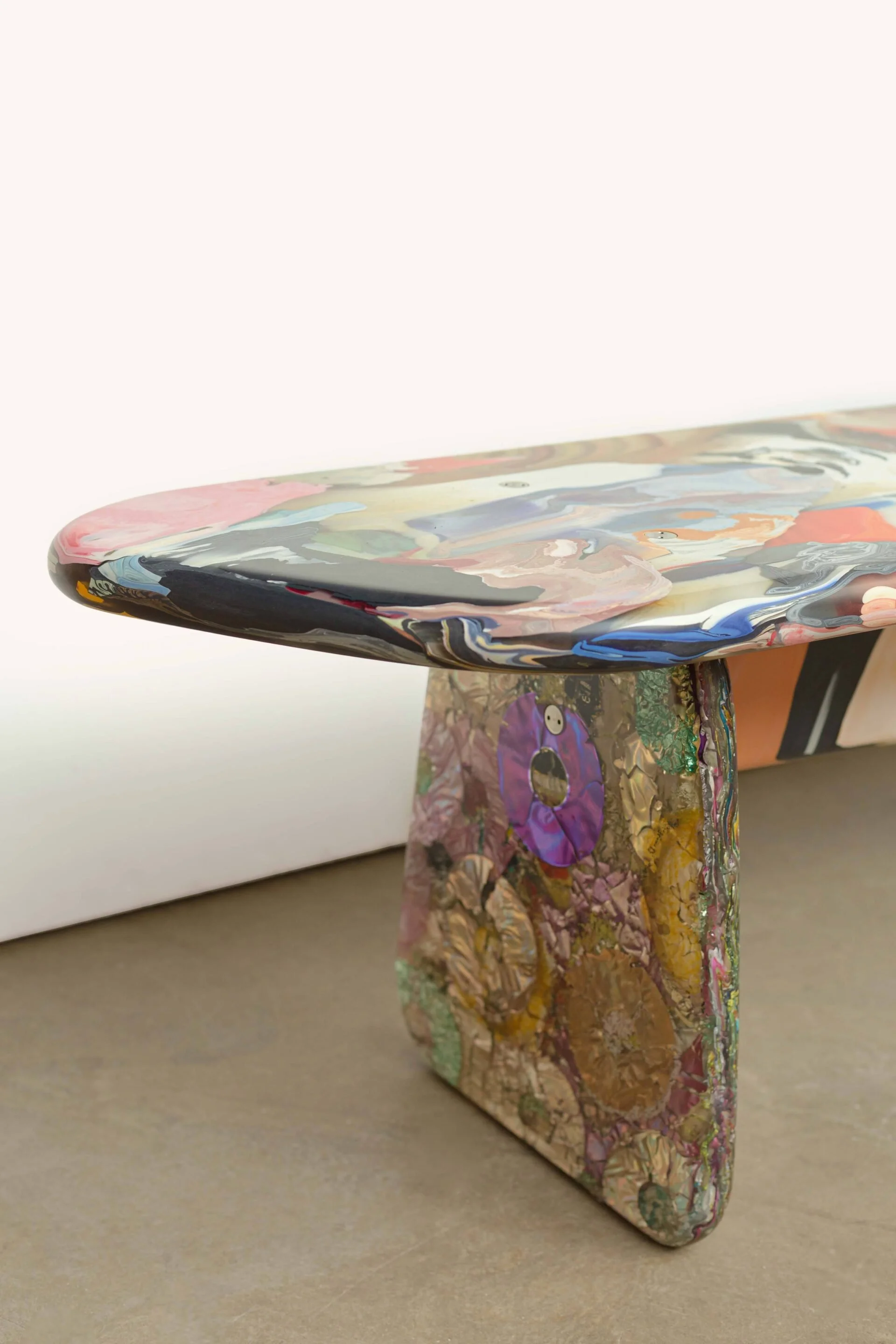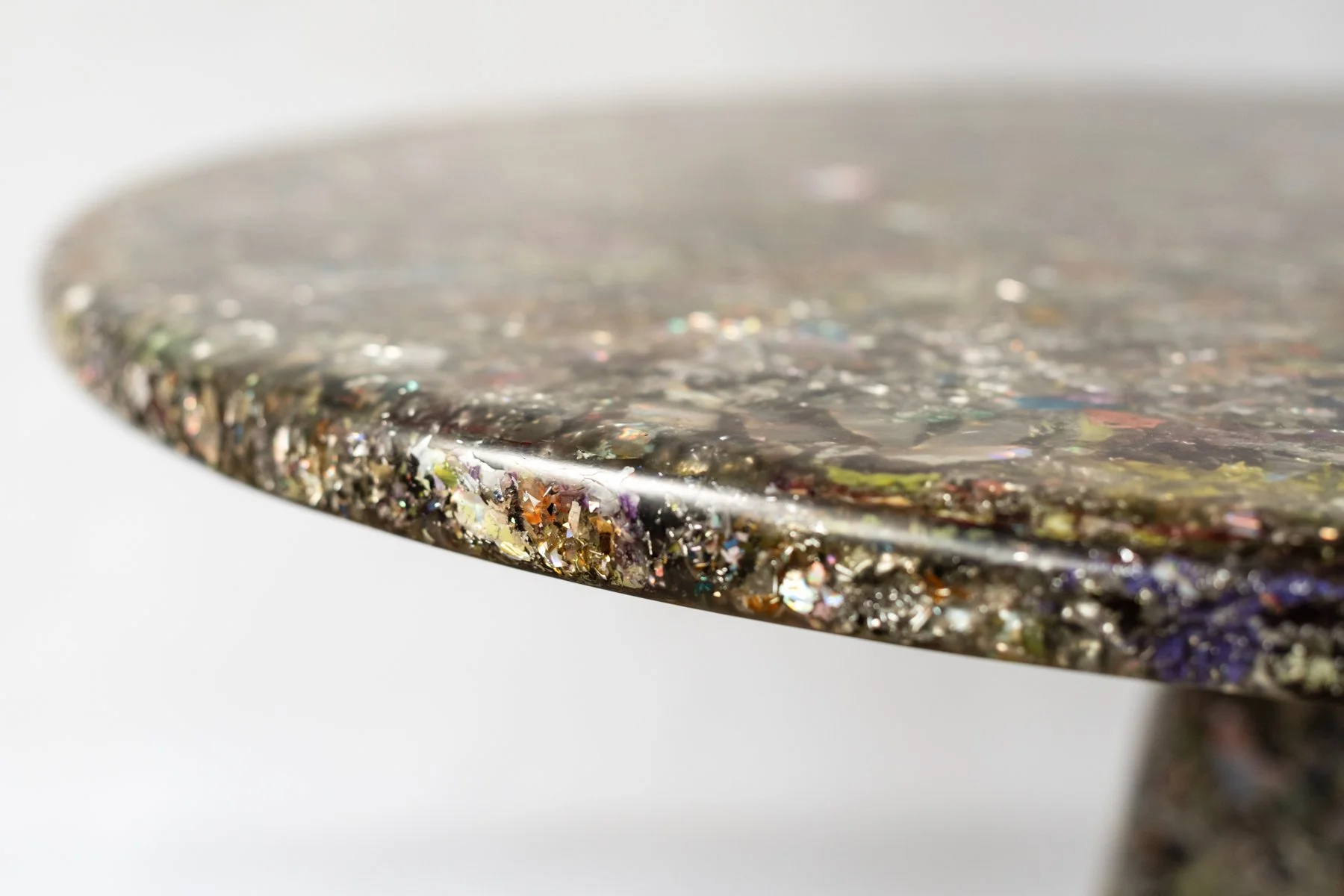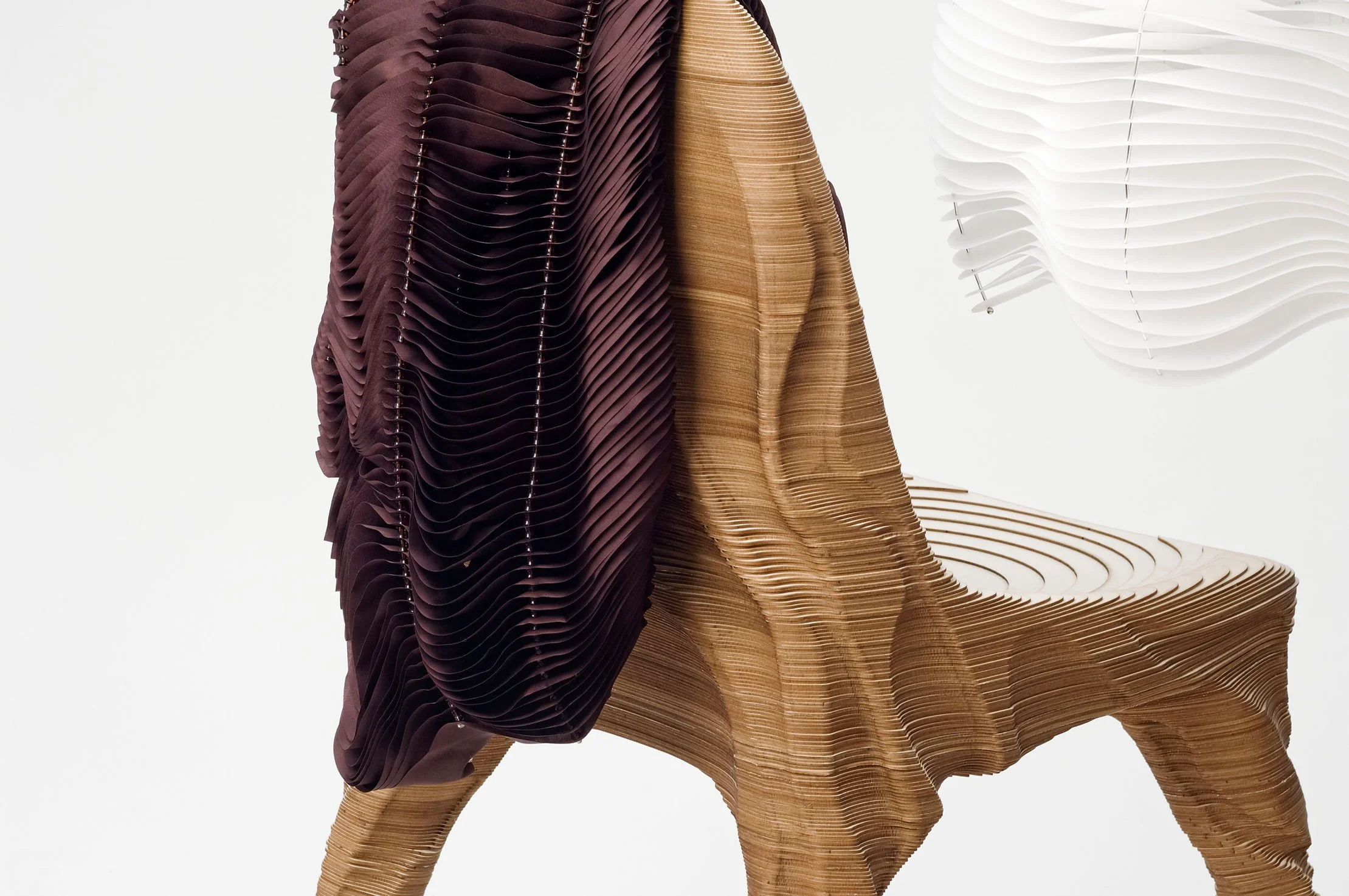 Image 1 of 15
Image 1 of 15

 Image 2 of 15
Image 2 of 15

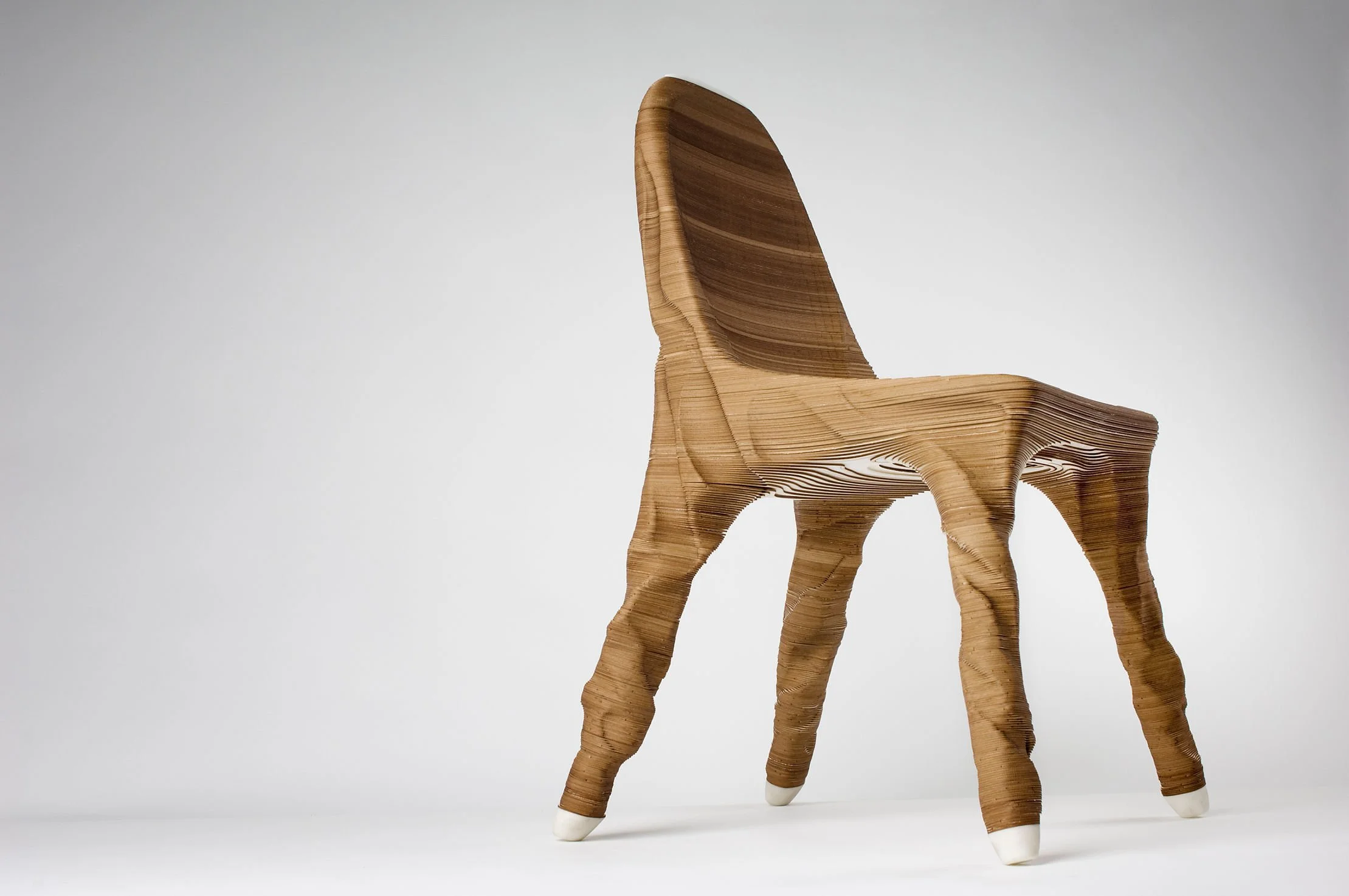 Image 3 of 15
Image 3 of 15

 Image 4 of 15
Image 4 of 15

 Image 5 of 15
Image 5 of 15

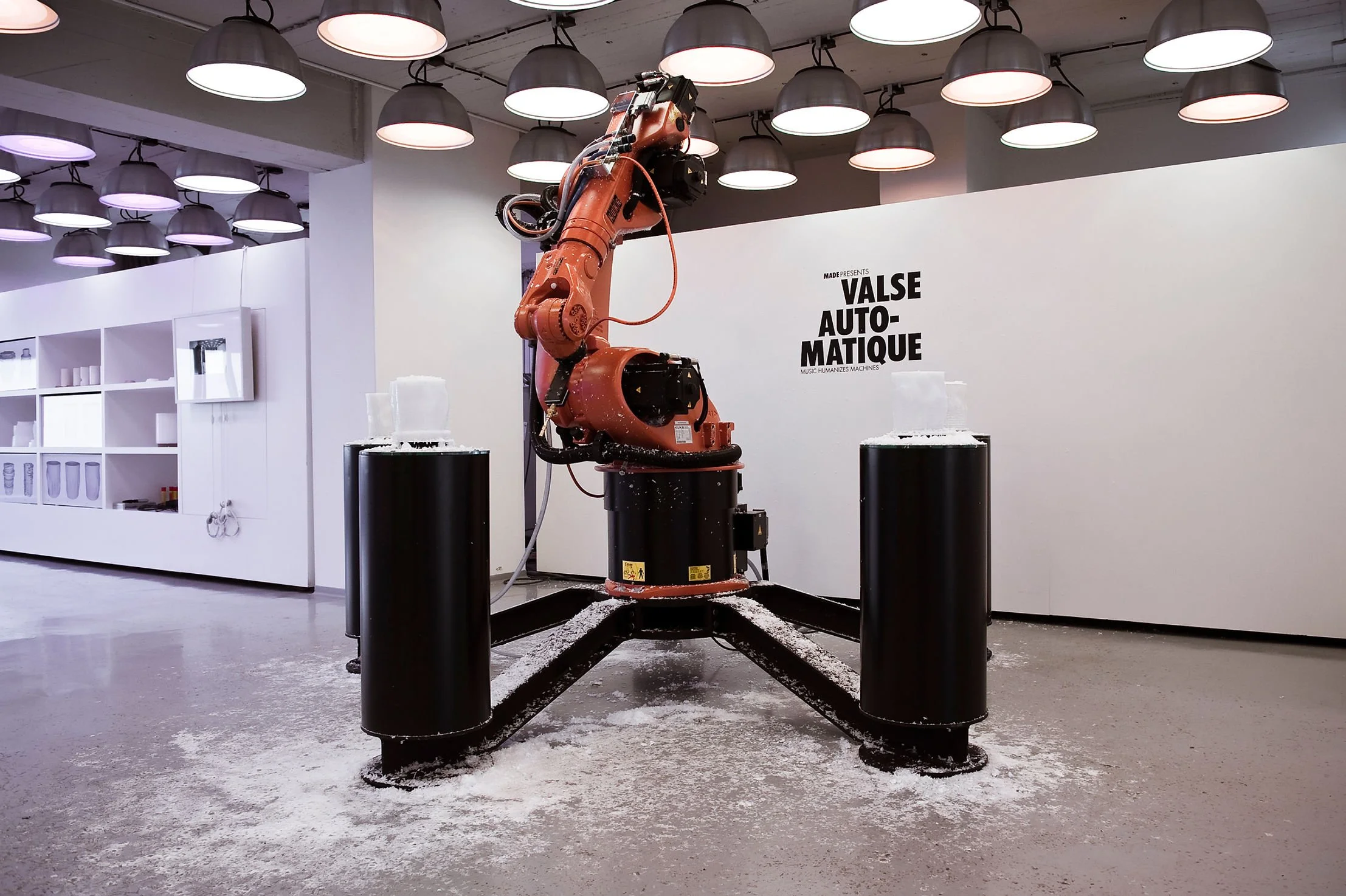 Image 6 of 15
Image 6 of 15

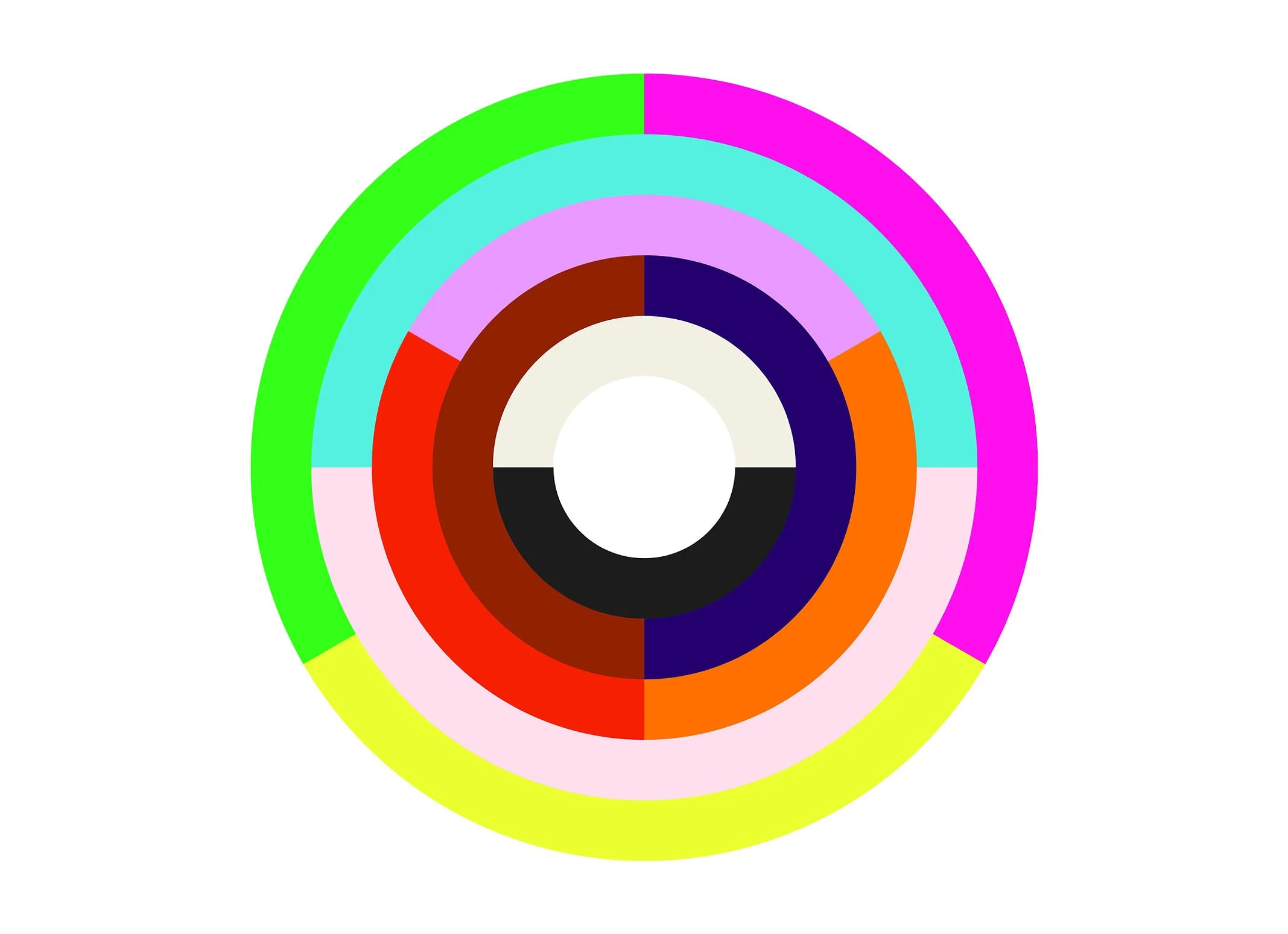 Image 7 of 15
Image 7 of 15

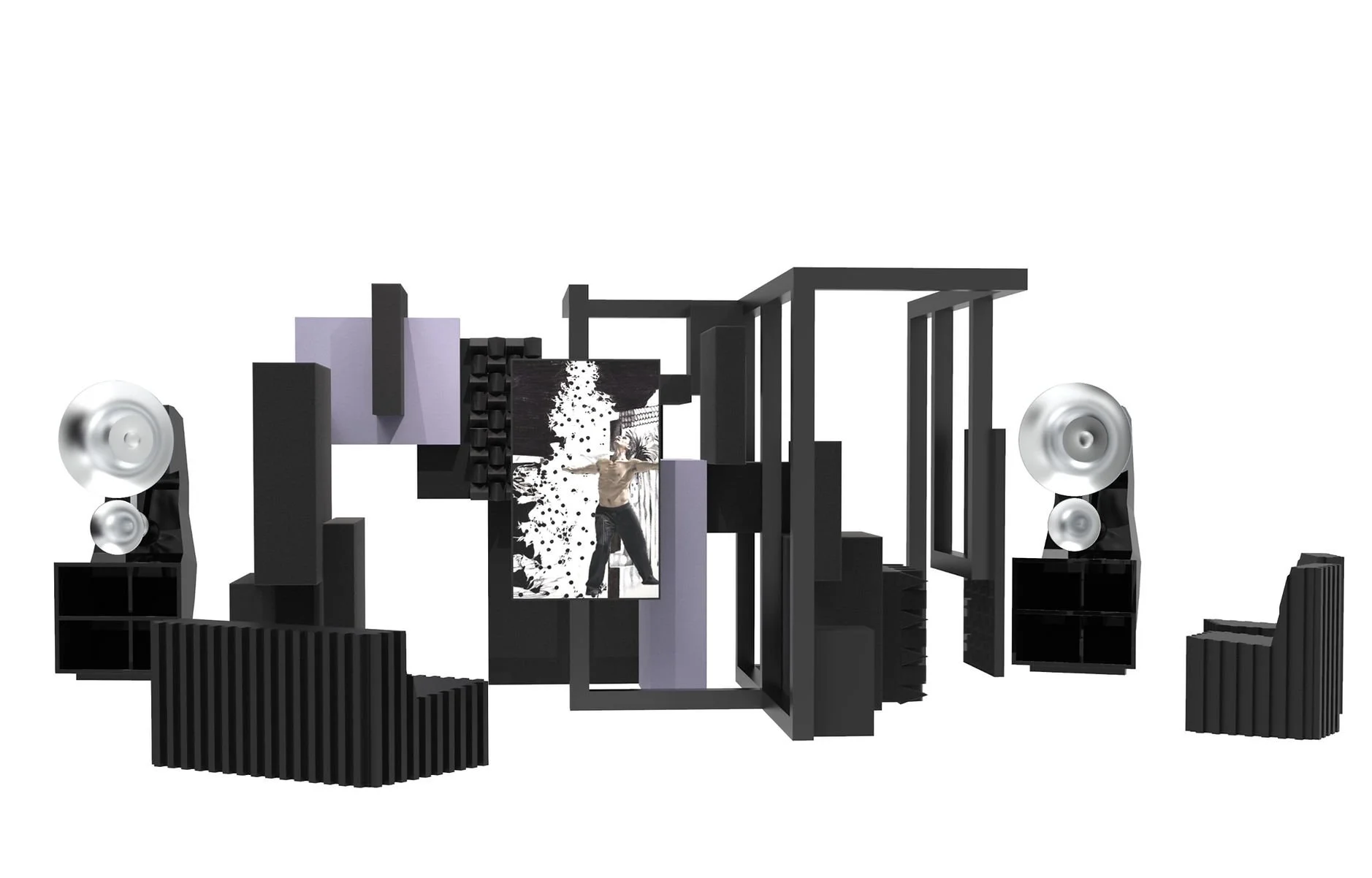 Image 8 of 15
Image 8 of 15

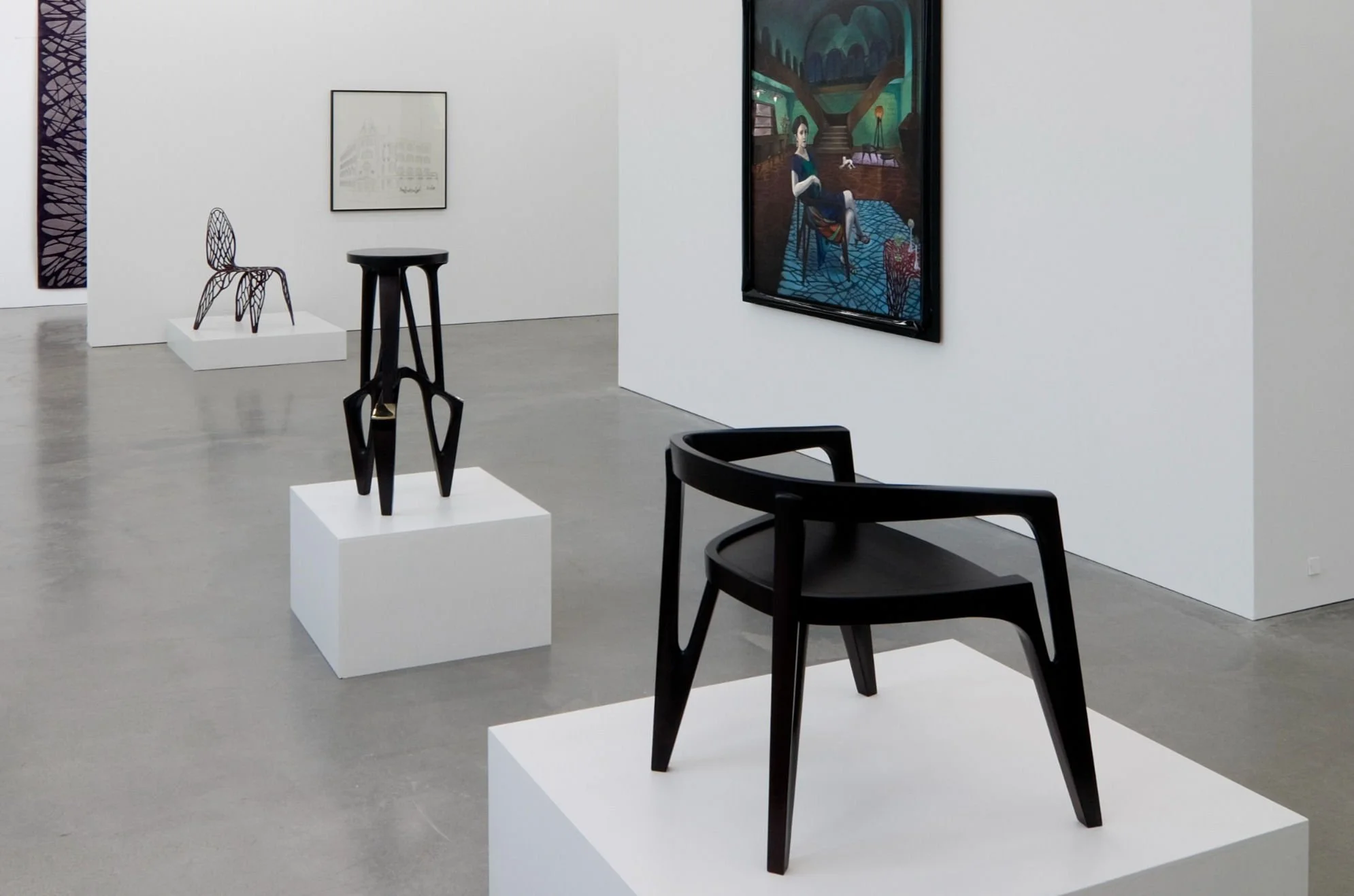 Image 9 of 15
Image 9 of 15

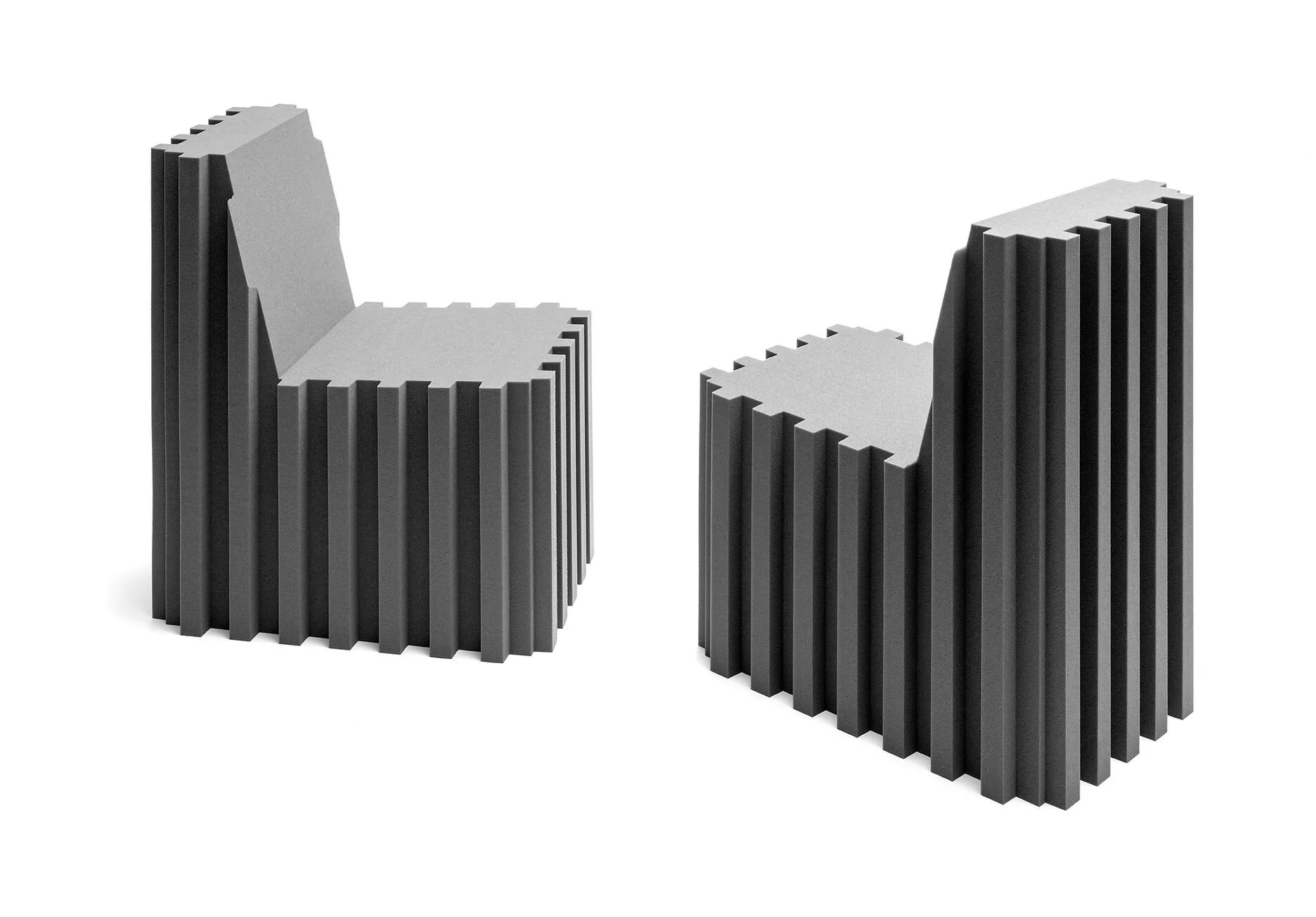 Image 10 of 15
Image 10 of 15

 Image 11 of 15
Image 11 of 15

 Image 12 of 15
Image 12 of 15

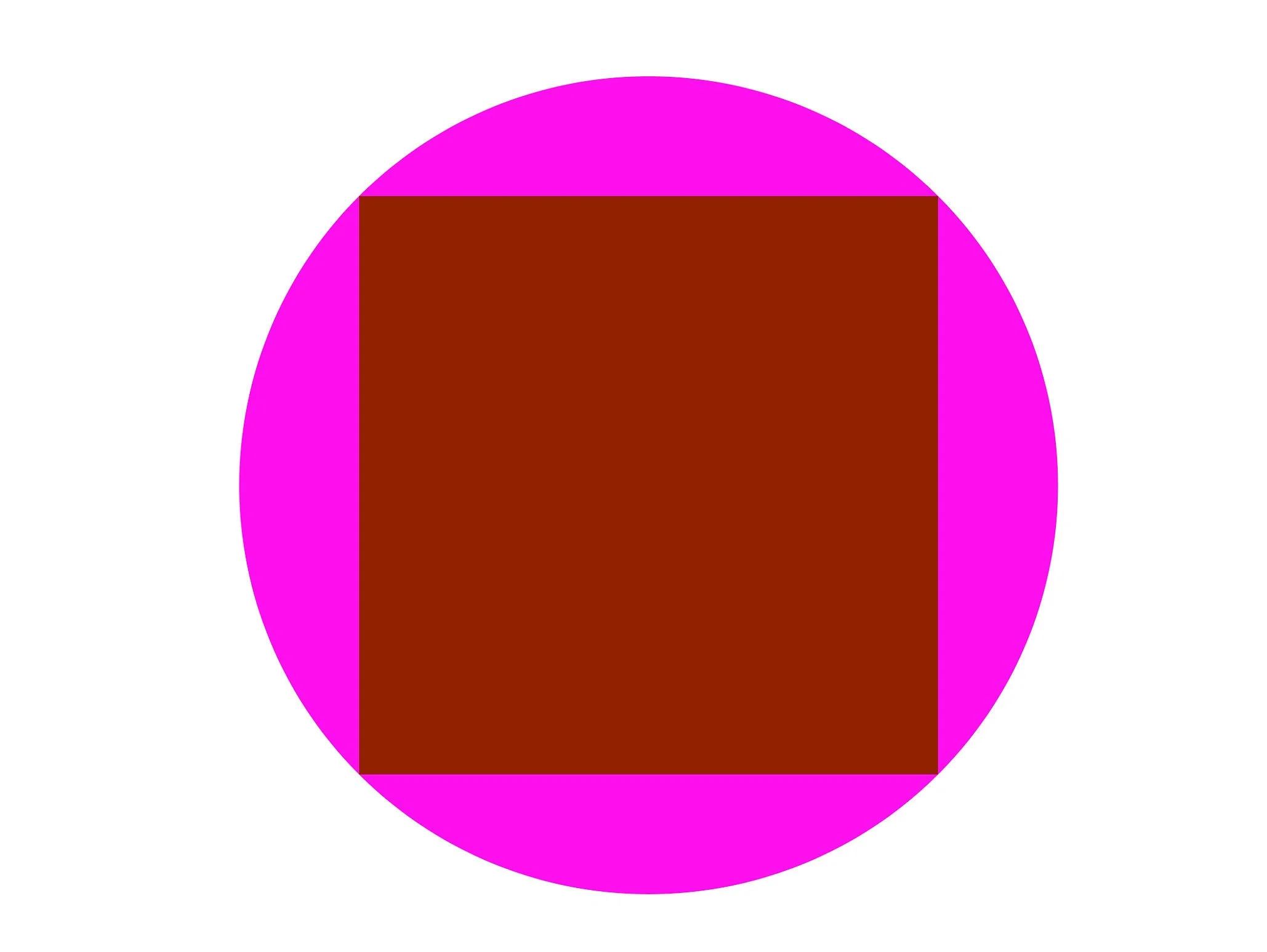 Image 13 of 15
Image 13 of 15

 Image 14 of 15
Image 14 of 15

 Image 15 of 15
Image 15 of 15
















Hermann August Weizenegger is a designer & industrial design professor
Hermann August Weizenegger is a German designer, artist, and industrial design professor based in Berlin. He established his studio, HAW, in 2009 with the mission to explore the intersection of art, design, and fashion. Weizenegger's current approach focuses on developing innovative design solutions that incorporate sustainable practices and circular economy principles. Core values include innovation, sustainability, and interdisciplinary collaboration, with a purpose to redefine the relationship between design, materials, and the environment.
Location
Headquarters: Berlin, Germany.
Primary manufacturing/operations locations: Various locations based on project requirements and collaborations.
The Circular Vision
Core circular economy principles: Designing out waste, using recycled and natural materials, and creating products that promote environmental awareness and sustainable practices.
Key innovations: Development of projects that incorporate circular design principles, such as easily disassembled furniture for repair or recycling, and the use of recycled plastics in various designs.
Prioritization of local sourcing and closed-loop supply chains: Emphasis on using locally sourced materials and sustainable production methods to minimize environmental impact and support local economies.
Pioneering Solutions
Flagship projects: Weizenegger's portfolio includes innovative projects such as a recycling system for plastic bags, a modular furniture system made from recycled plastic, eco-friendly packaging designs for a German skincare brand, and sustainable exhibition displays for museums.
The Regenerative Future
R&D focus areas: Advancing sustainable design techniques, exploring new applications for recycled and natural materials, and developing solutions that further reduce waste and energy consumption in design and production processes.
Ambitious goals: To lead the design industry in sustainable practices, create zero-waste products, and inspire a shift towards a regenerative approach to design and material usage.
Fact Sheet
Commercial Availability: Design services and products available through collaborations, exhibitions, and partnerships with brands and institutions.
Circularity Rating: 5/5 (Strong focus on integrating circular economy principles and waste reduction in design).
Key Certifications: Nominated "Best of German Interior Design" by the German Design Council in 2017.
Material Passport: Detailed material traceability and use of recycled and natural materials in many projects.
Designed for Disassembly: Yes, many products are designed with consideration for future repair, recyclability, and material reuse.
Carbon Performance: Focus on reducing carbon footprint through the use of sustainable materials and local production. Committed to minimizing environmental impact through efficient design and manufacturing processes.
Key Takeaway
Hermann August Weizenegger transforms the design industry through innovative, sustainable solutions that prioritize circular economy principles, setting a benchmark for environmental responsibility and material innovation in contemporary design.
Explore Further
Hermann August Weizenegger website: https://www.hermannaugustweizenegger.de
Hermann August Weizenegger is a German designer, artist, and industrial design professor based in Berlin. He established his studio, HAW, in 2009 with the mission to explore the intersection of art, design, and fashion. Weizenegger's current approach focuses on developing innovative design solutions that incorporate sustainable practices and circular economy principles. Core values include innovation, sustainability, and interdisciplinary collaboration, with a purpose to redefine the relationship between design, materials, and the environment.
Location
Headquarters: Berlin, Germany.
Primary manufacturing/operations locations: Various locations based on project requirements and collaborations.
The Circular Vision
Core circular economy principles: Designing out waste, using recycled and natural materials, and creating products that promote environmental awareness and sustainable practices.
Key innovations: Development of projects that incorporate circular design principles, such as easily disassembled furniture for repair or recycling, and the use of recycled plastics in various designs.
Prioritization of local sourcing and closed-loop supply chains: Emphasis on using locally sourced materials and sustainable production methods to minimize environmental impact and support local economies.
Pioneering Solutions
Flagship projects: Weizenegger's portfolio includes innovative projects such as a recycling system for plastic bags, a modular furniture system made from recycled plastic, eco-friendly packaging designs for a German skincare brand, and sustainable exhibition displays for museums.
The Regenerative Future
R&D focus areas: Advancing sustainable design techniques, exploring new applications for recycled and natural materials, and developing solutions that further reduce waste and energy consumption in design and production processes.
Ambitious goals: To lead the design industry in sustainable practices, create zero-waste products, and inspire a shift towards a regenerative approach to design and material usage.
Fact Sheet
Commercial Availability: Design services and products available through collaborations, exhibitions, and partnerships with brands and institutions.
Circularity Rating: 5/5 (Strong focus on integrating circular economy principles and waste reduction in design).
Key Certifications: Nominated "Best of German Interior Design" by the German Design Council in 2017.
Material Passport: Detailed material traceability and use of recycled and natural materials in many projects.
Designed for Disassembly: Yes, many products are designed with consideration for future repair, recyclability, and material reuse.
Carbon Performance: Focus on reducing carbon footprint through the use of sustainable materials and local production. Committed to minimizing environmental impact through efficient design and manufacturing processes.
Key Takeaway
Hermann August Weizenegger transforms the design industry through innovative, sustainable solutions that prioritize circular economy principles, setting a benchmark for environmental responsibility and material innovation in contemporary design.
Explore Further
Hermann August Weizenegger website: https://www.hermannaugustweizenegger.de
